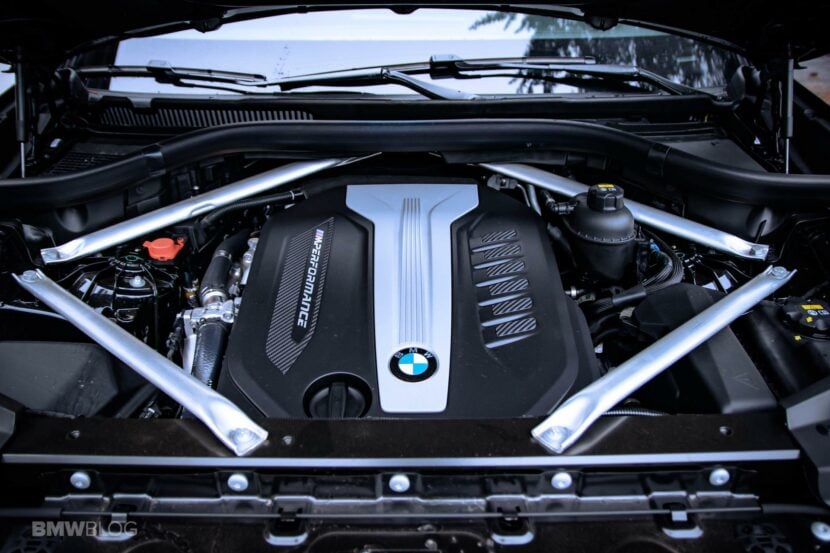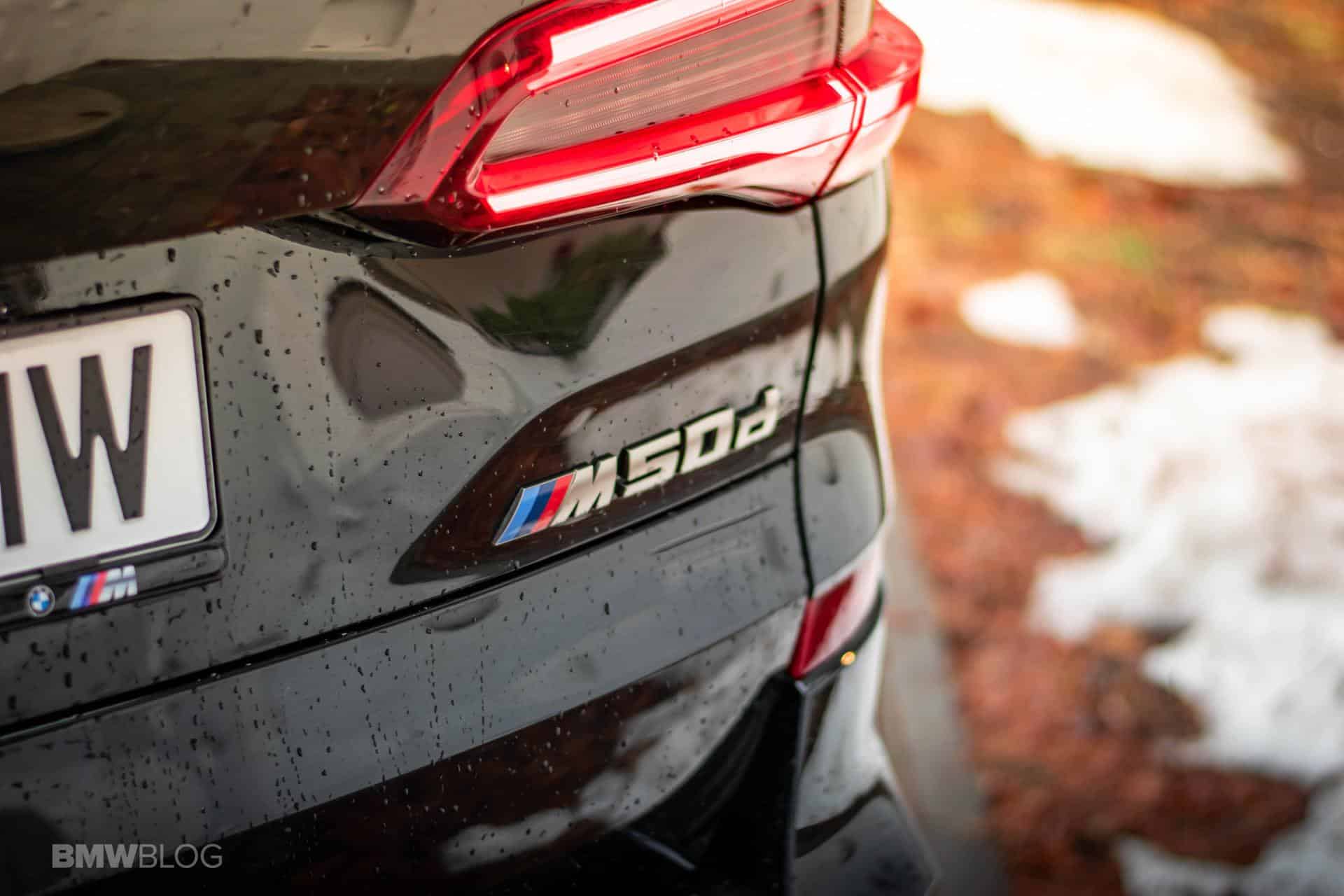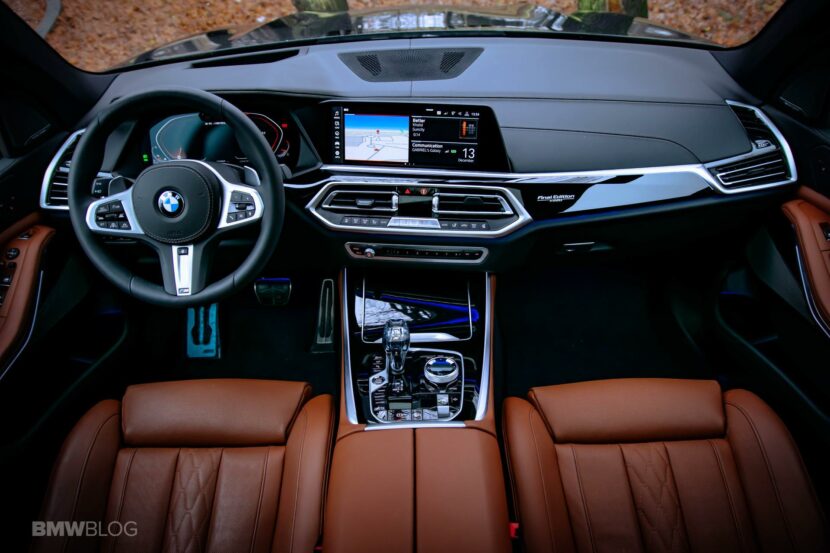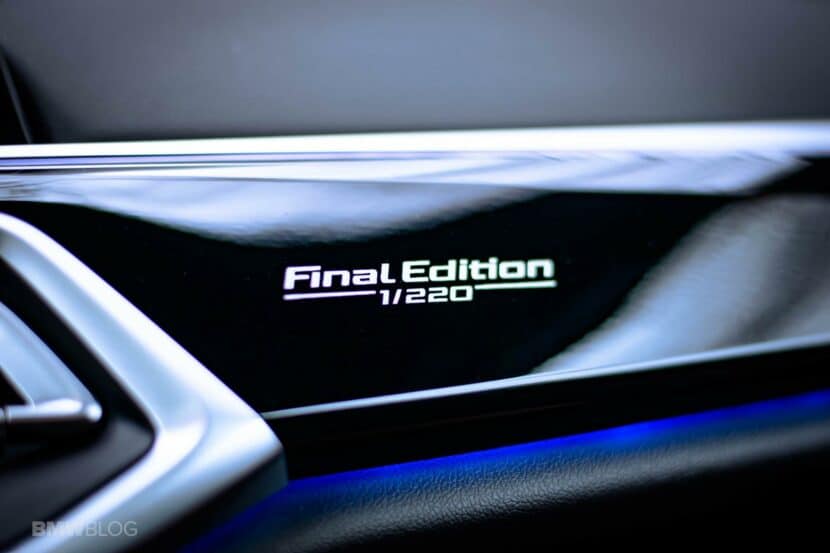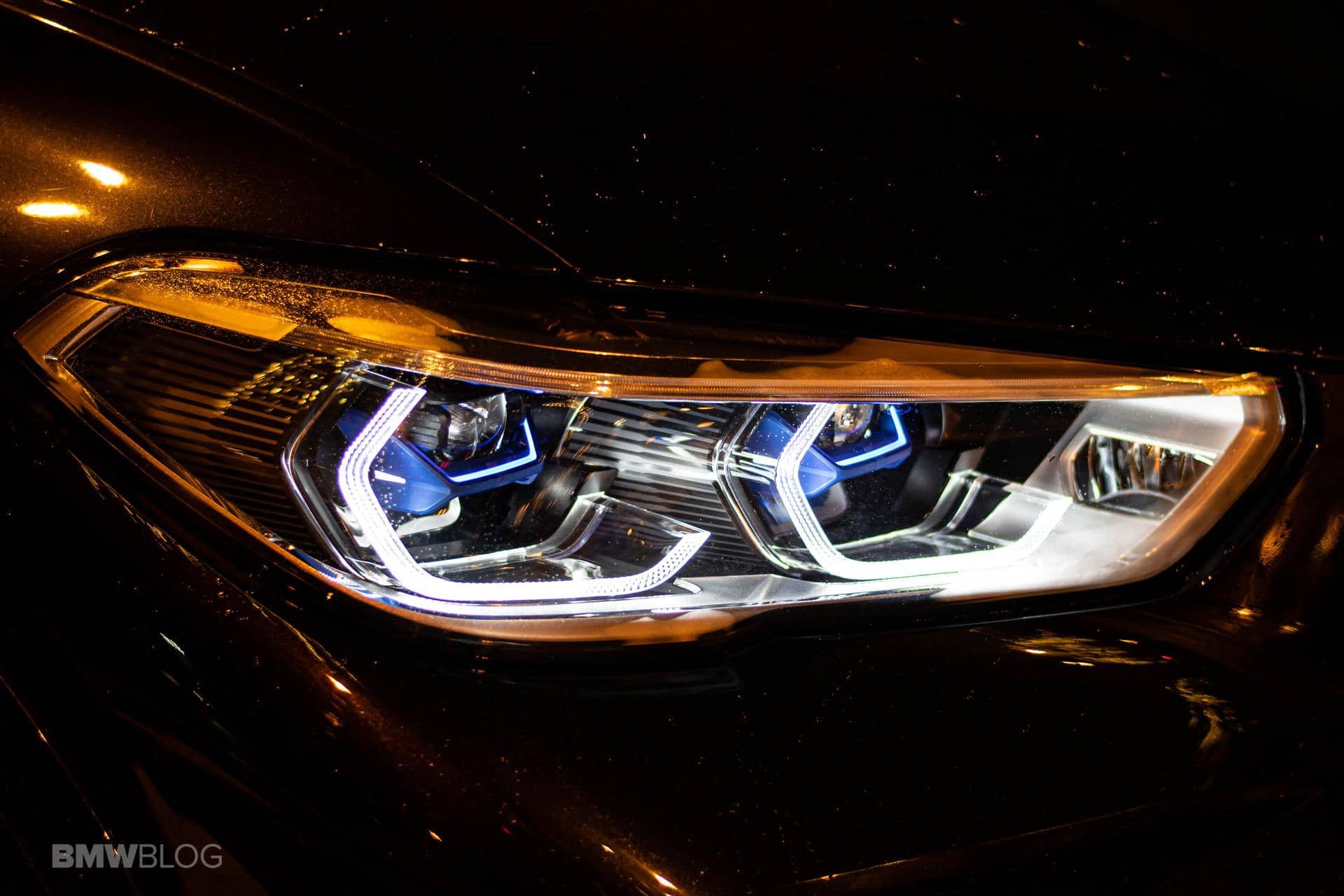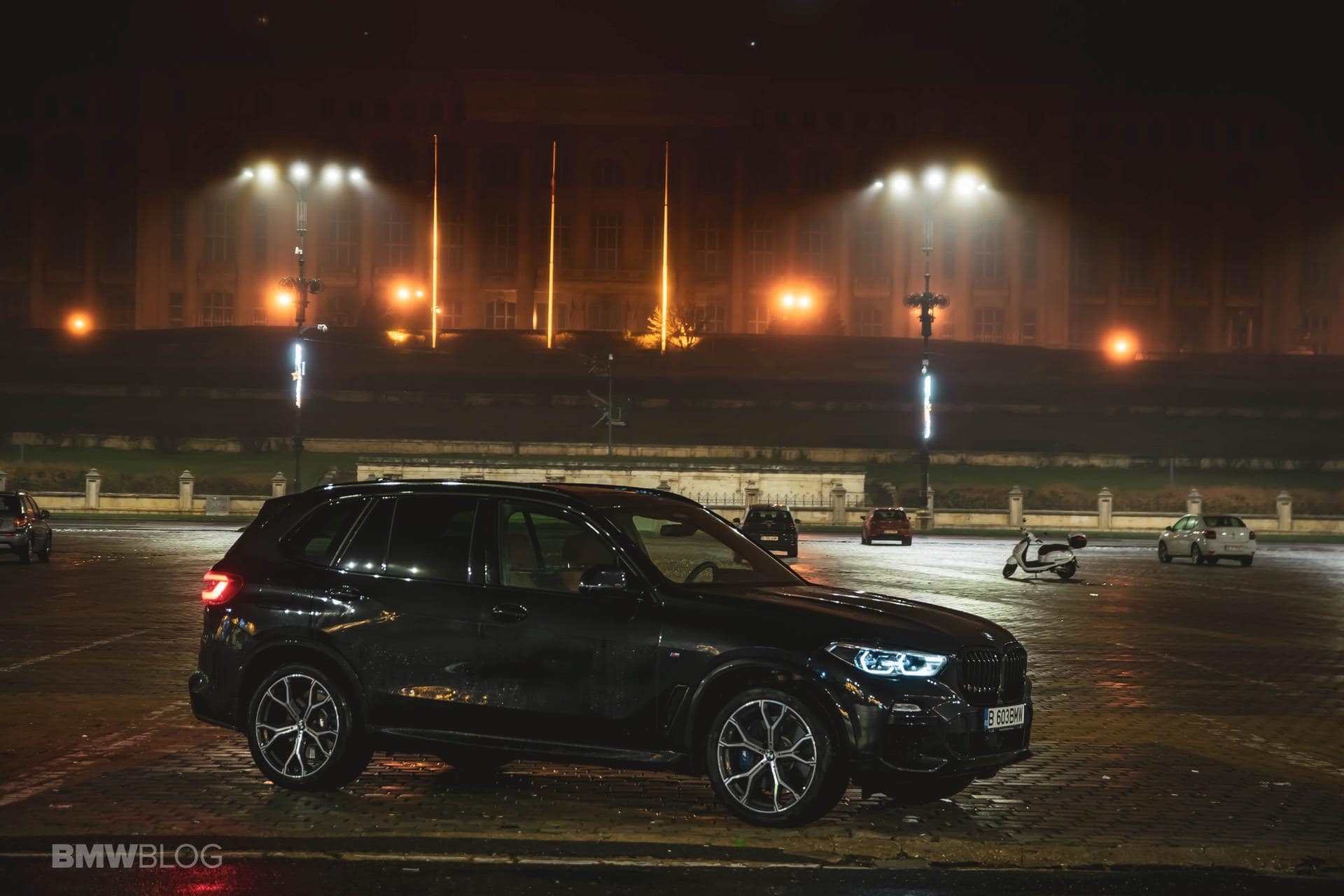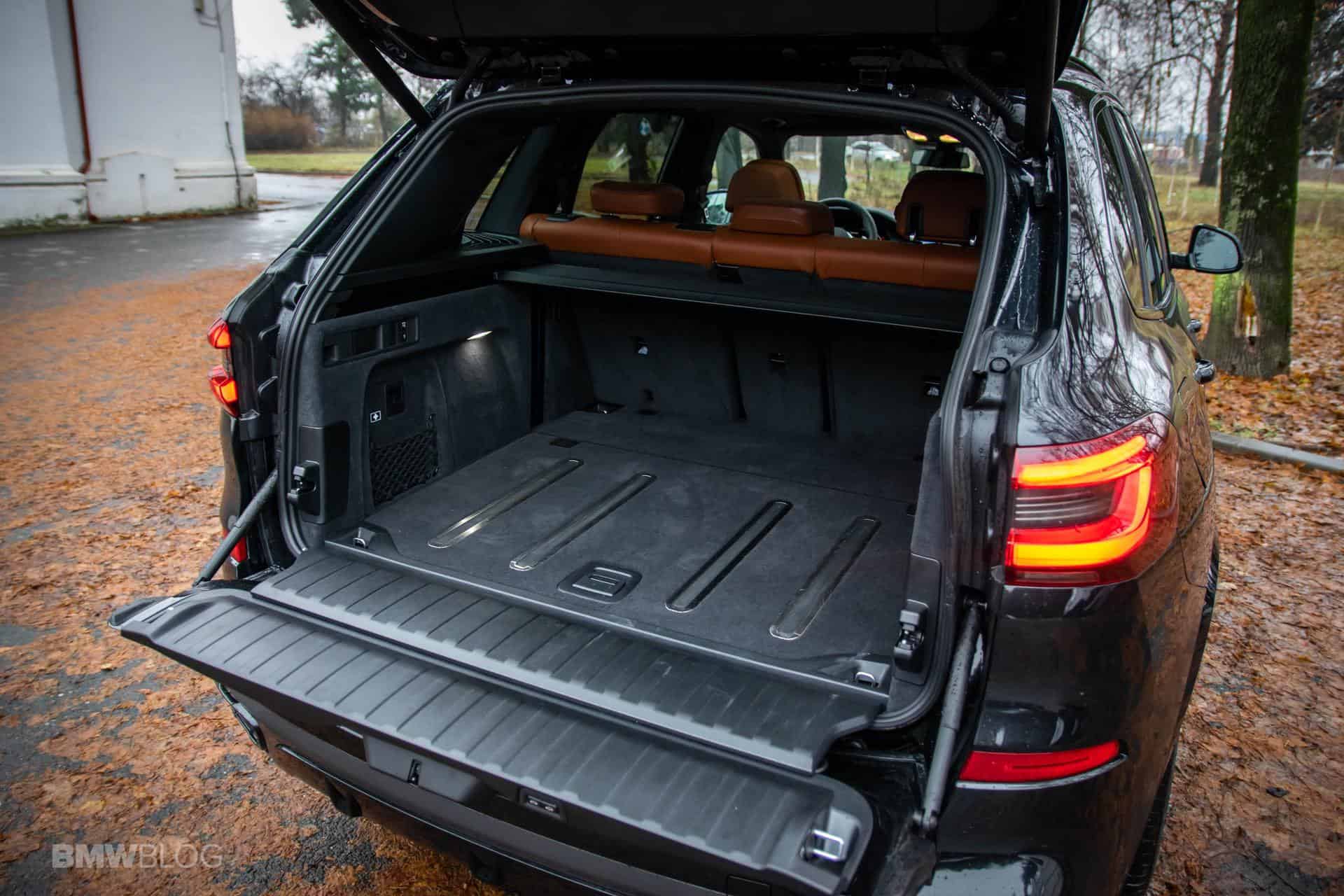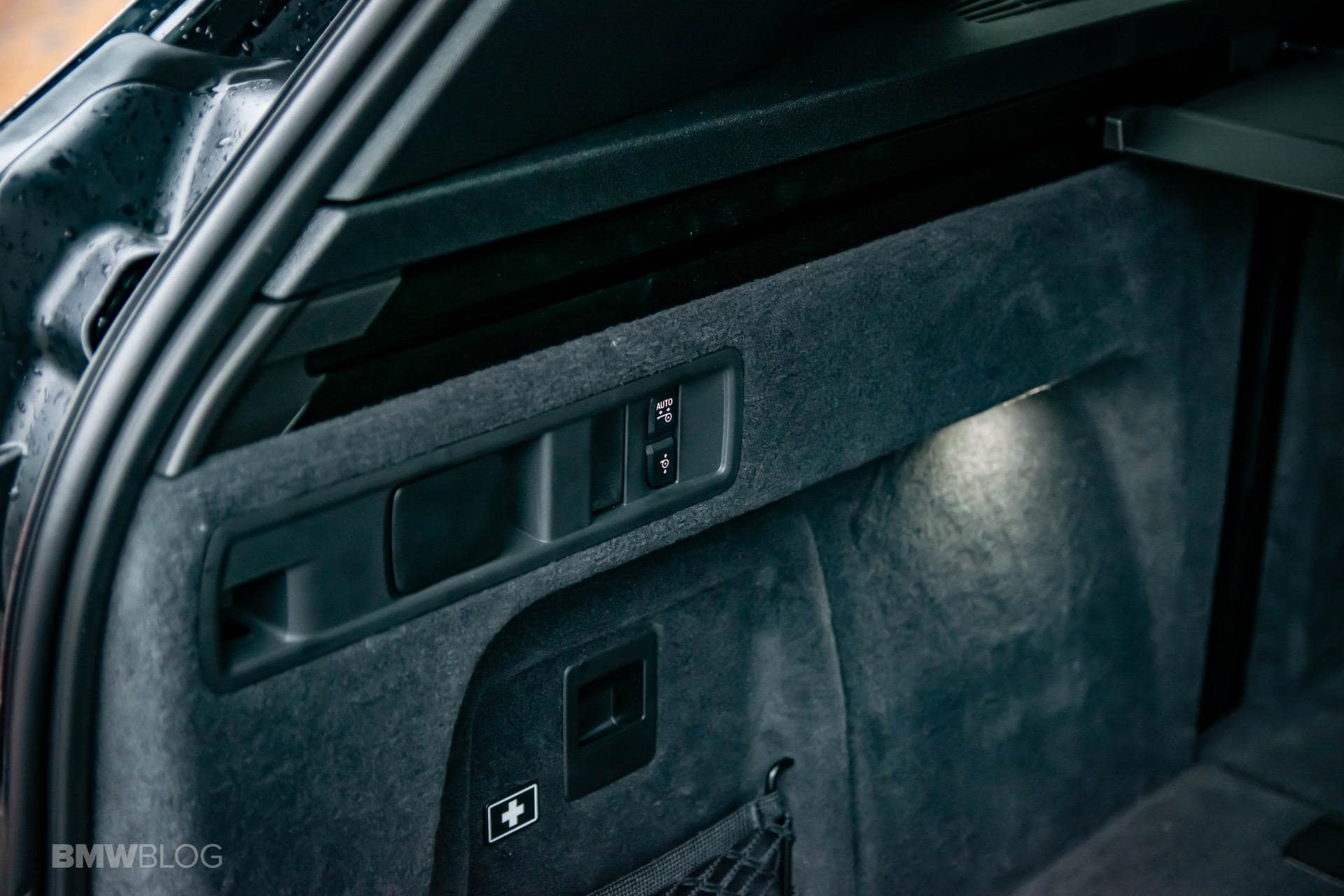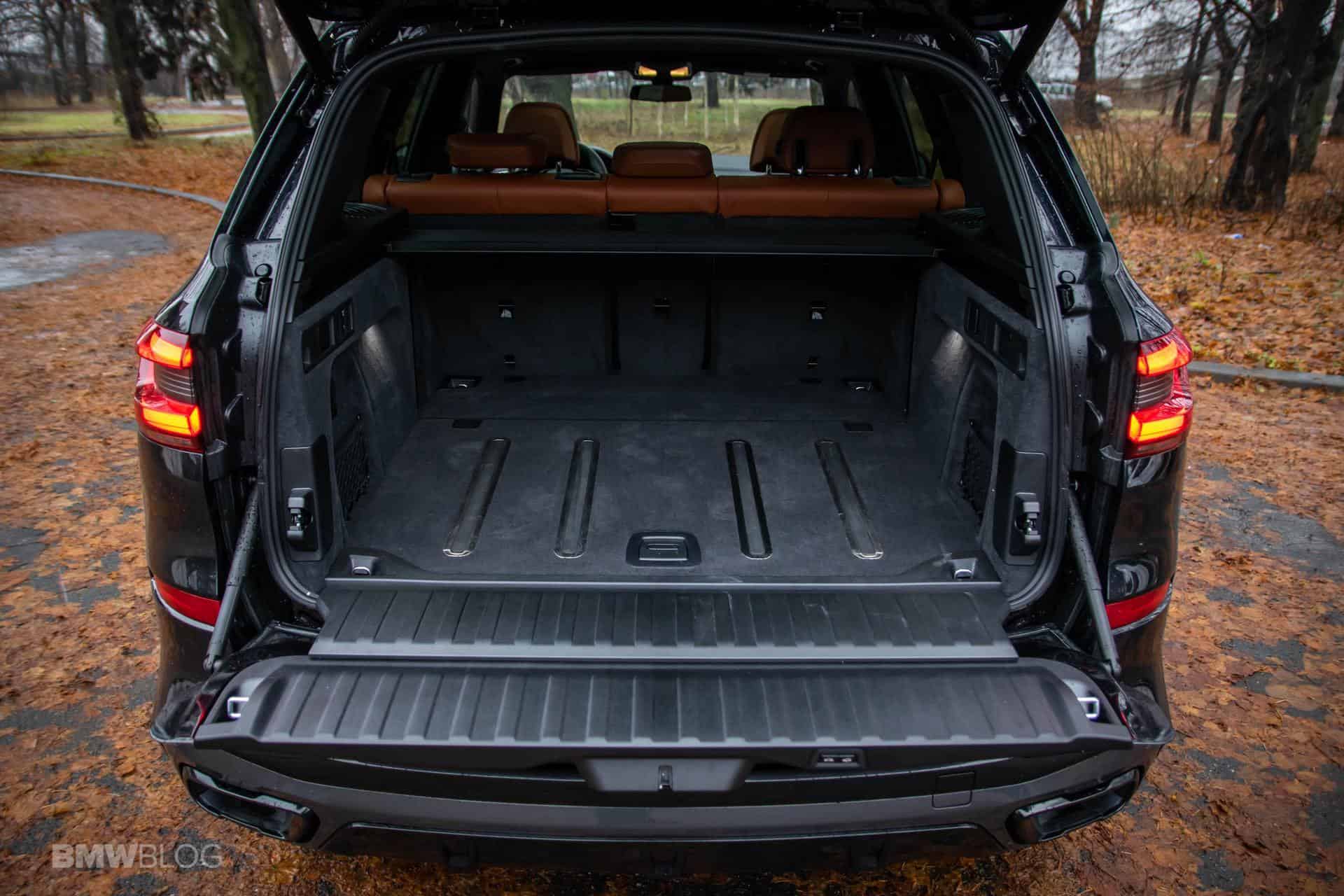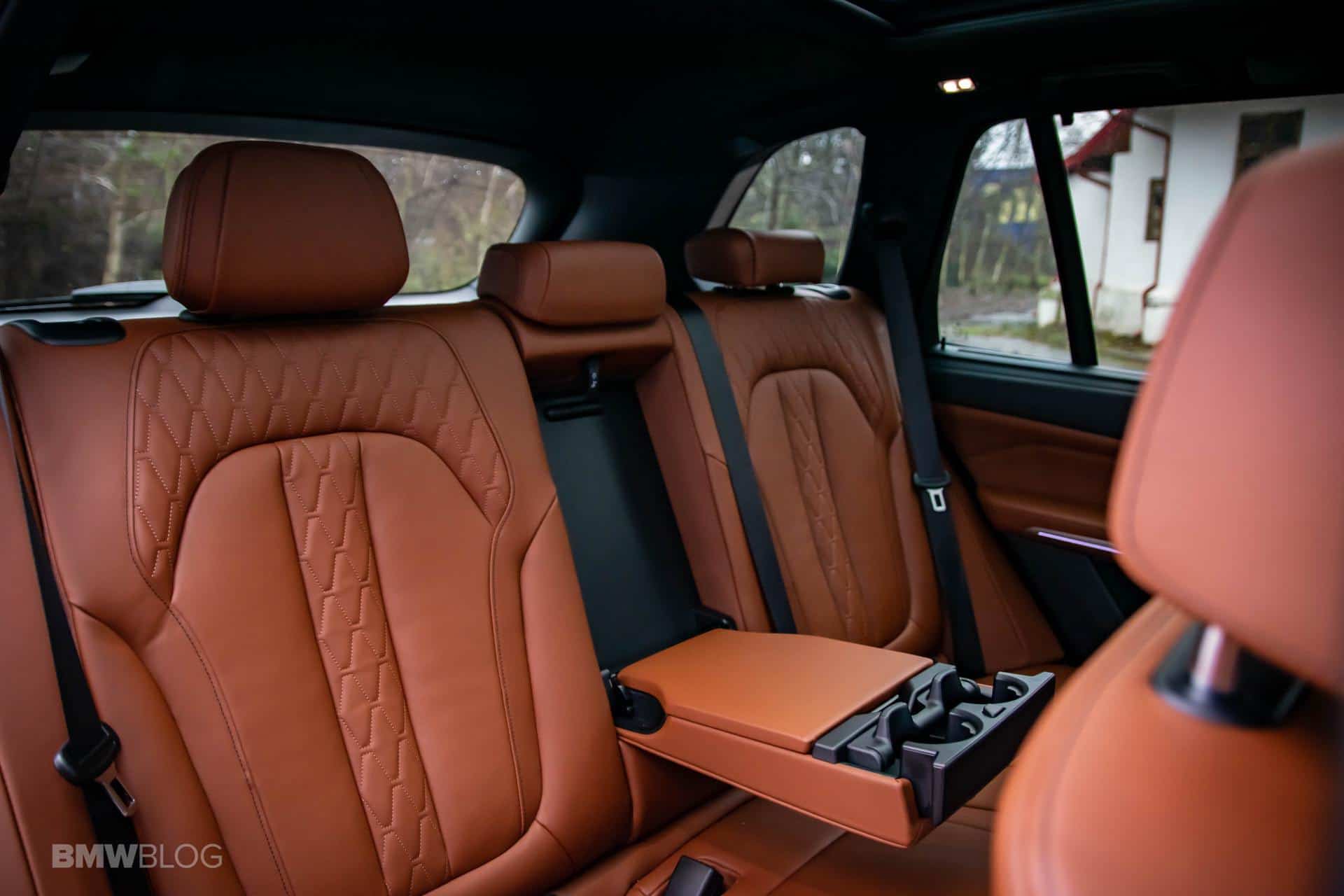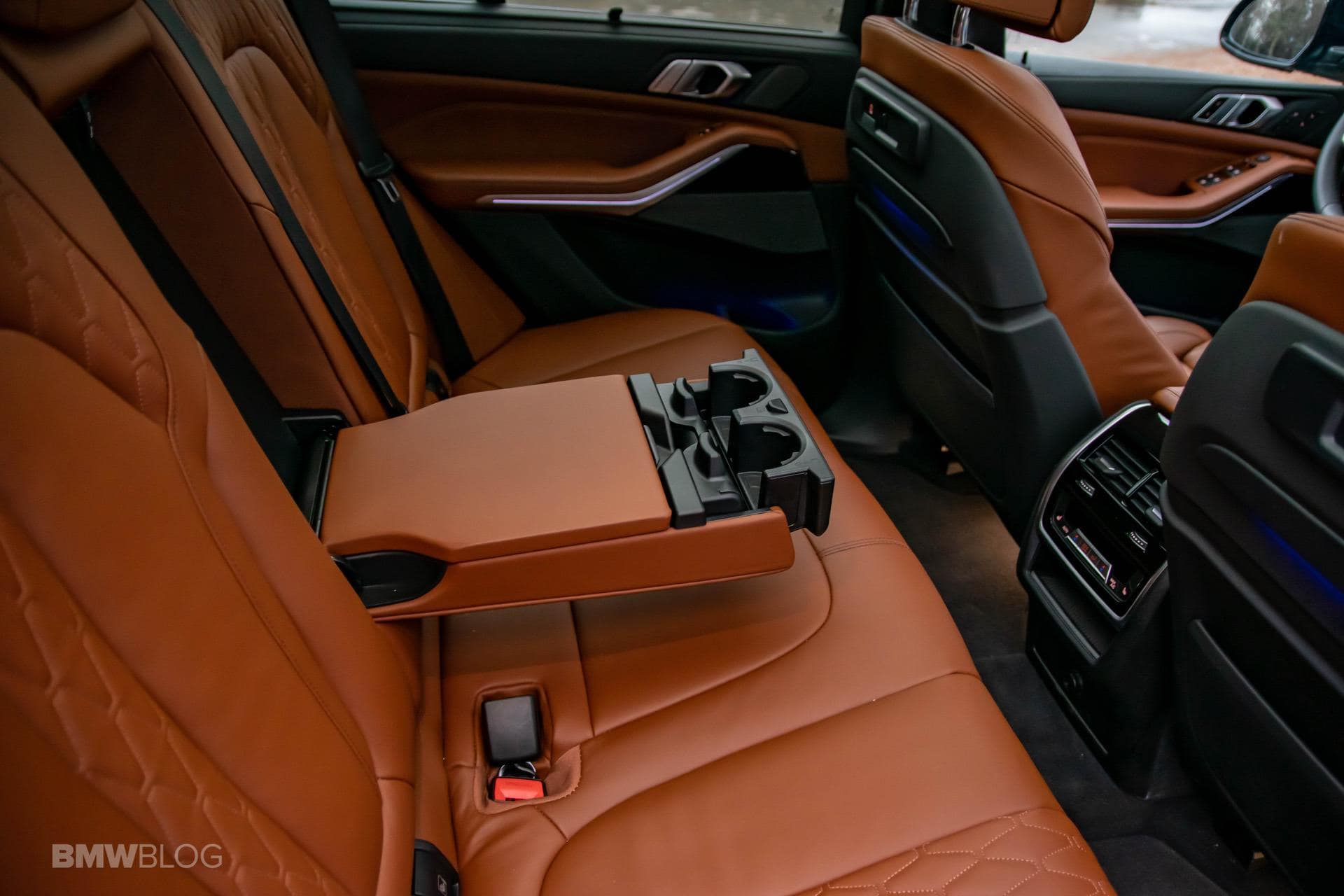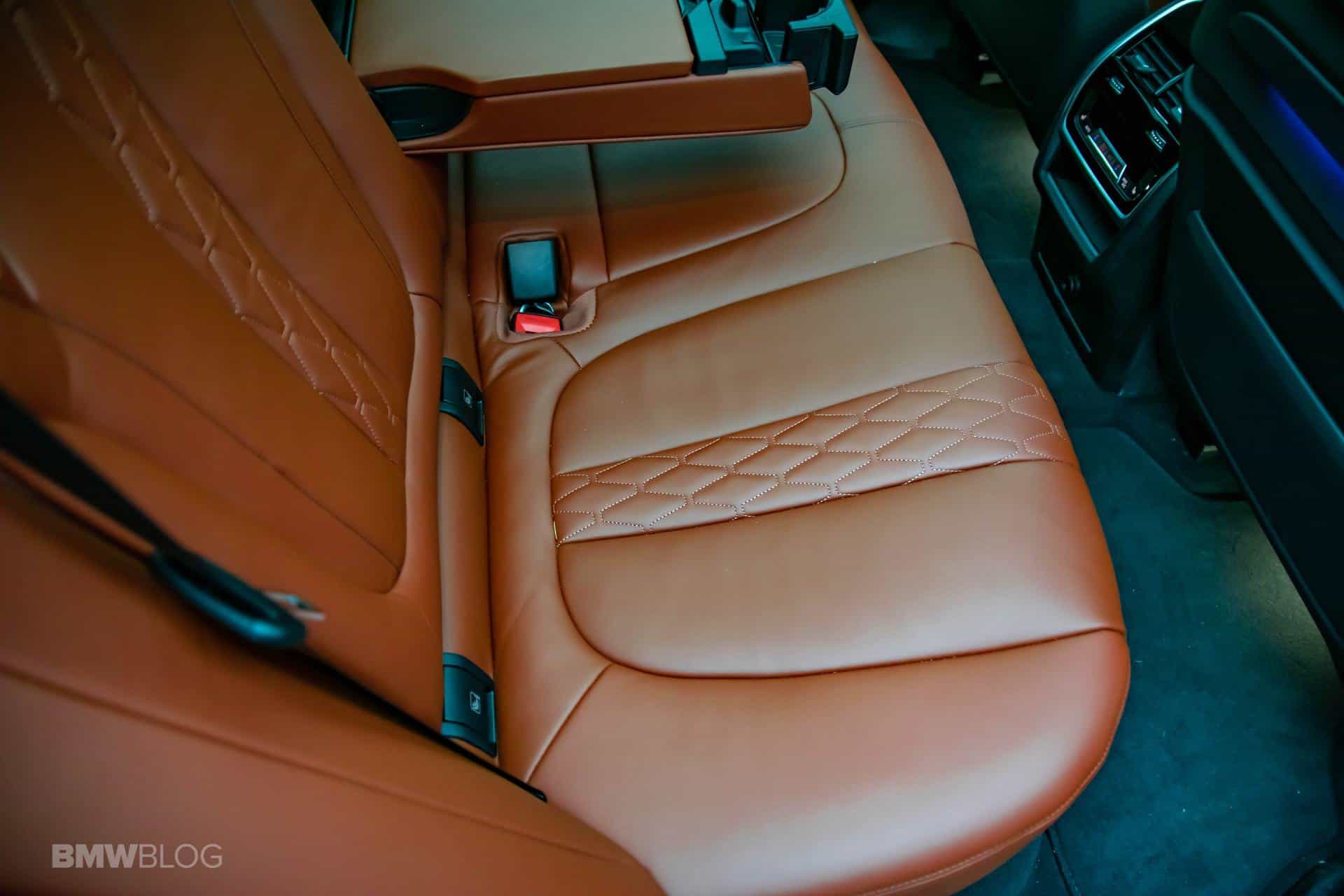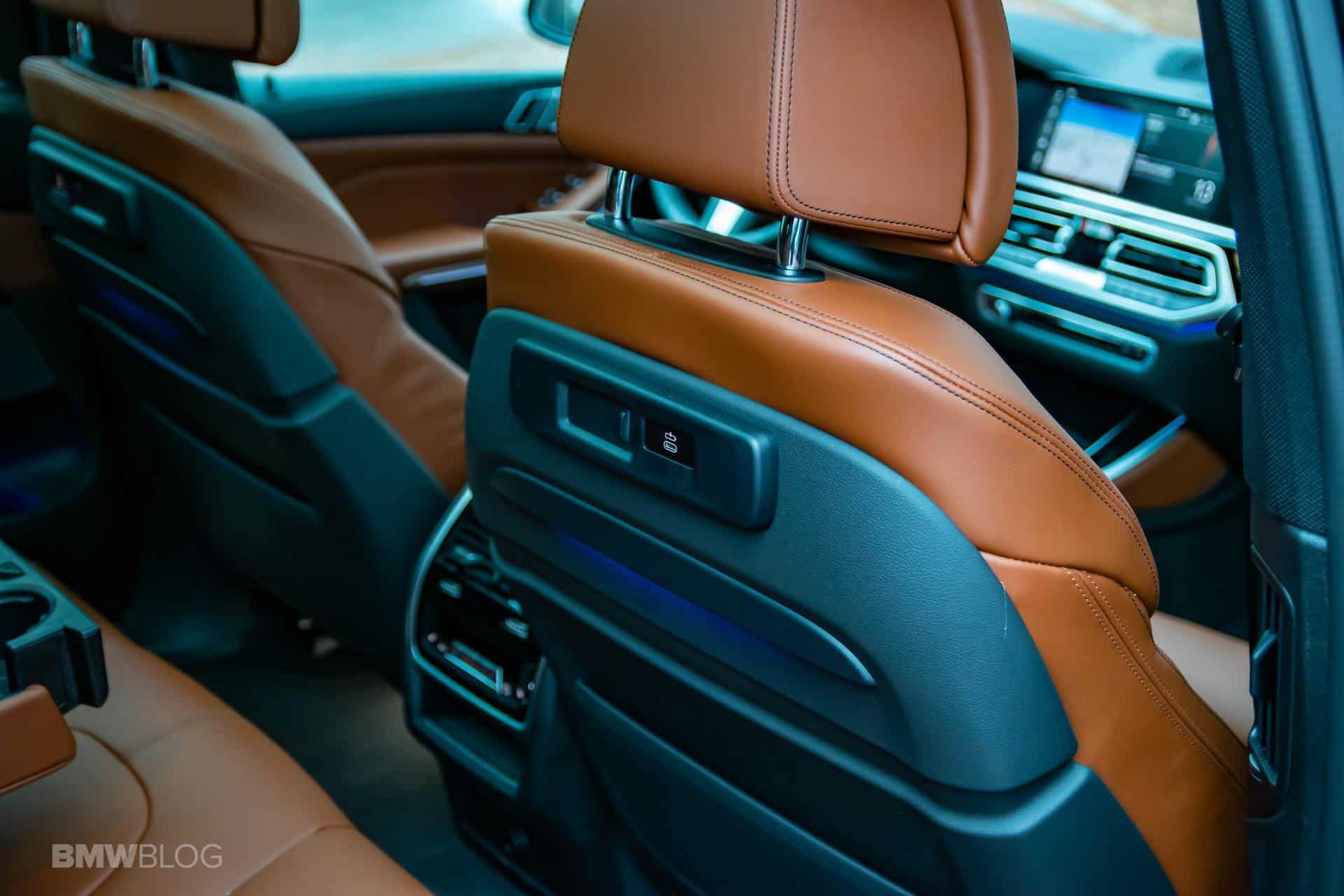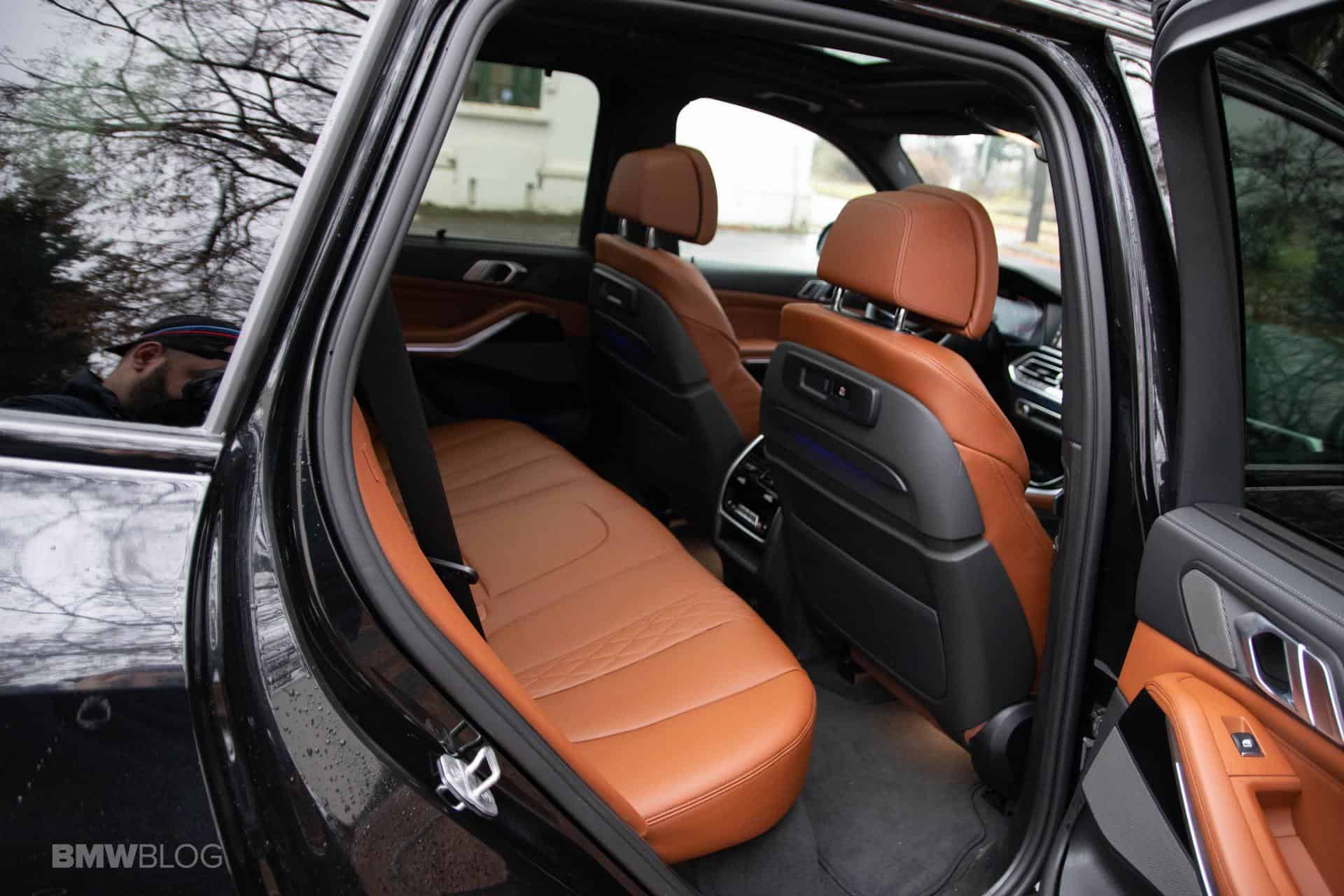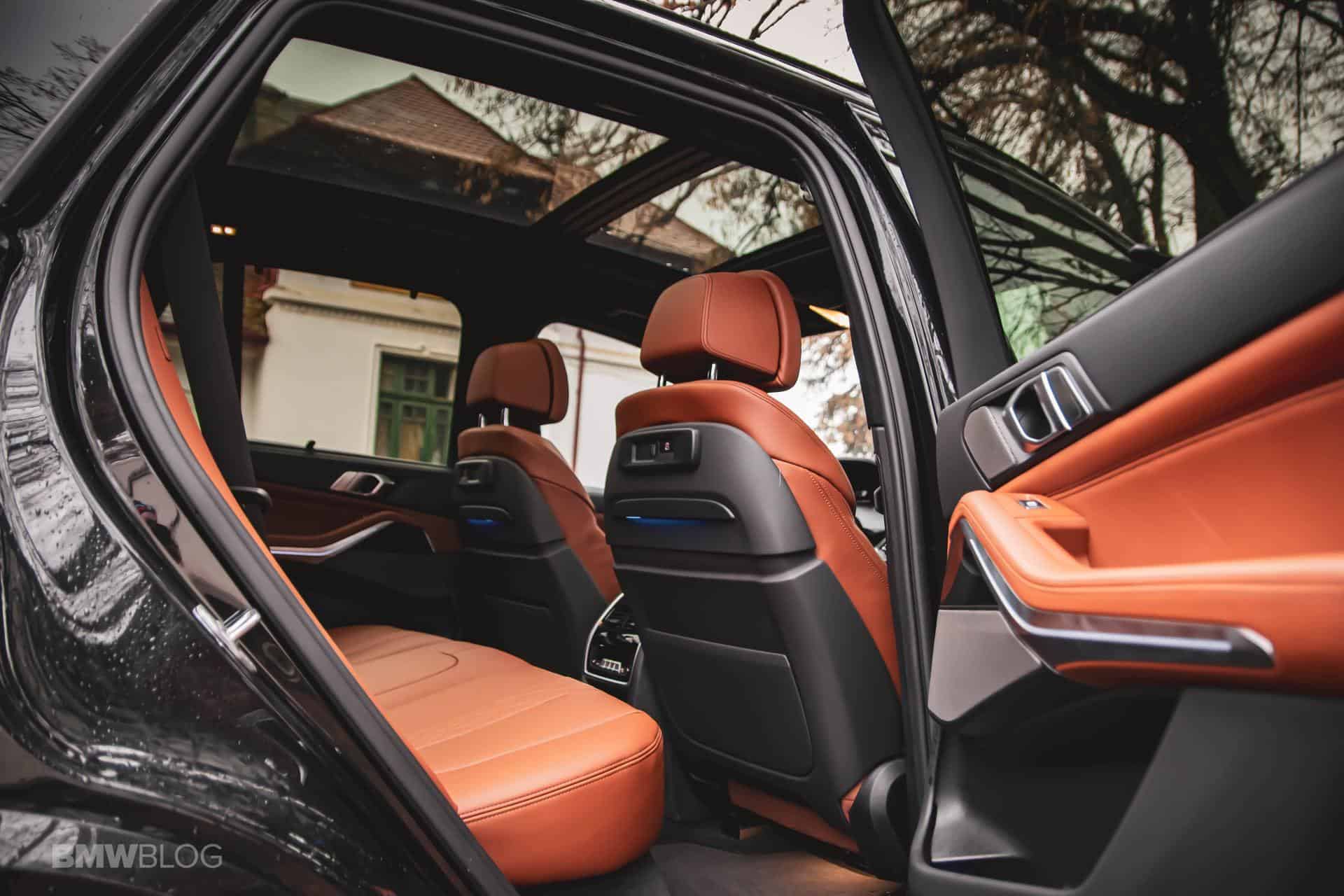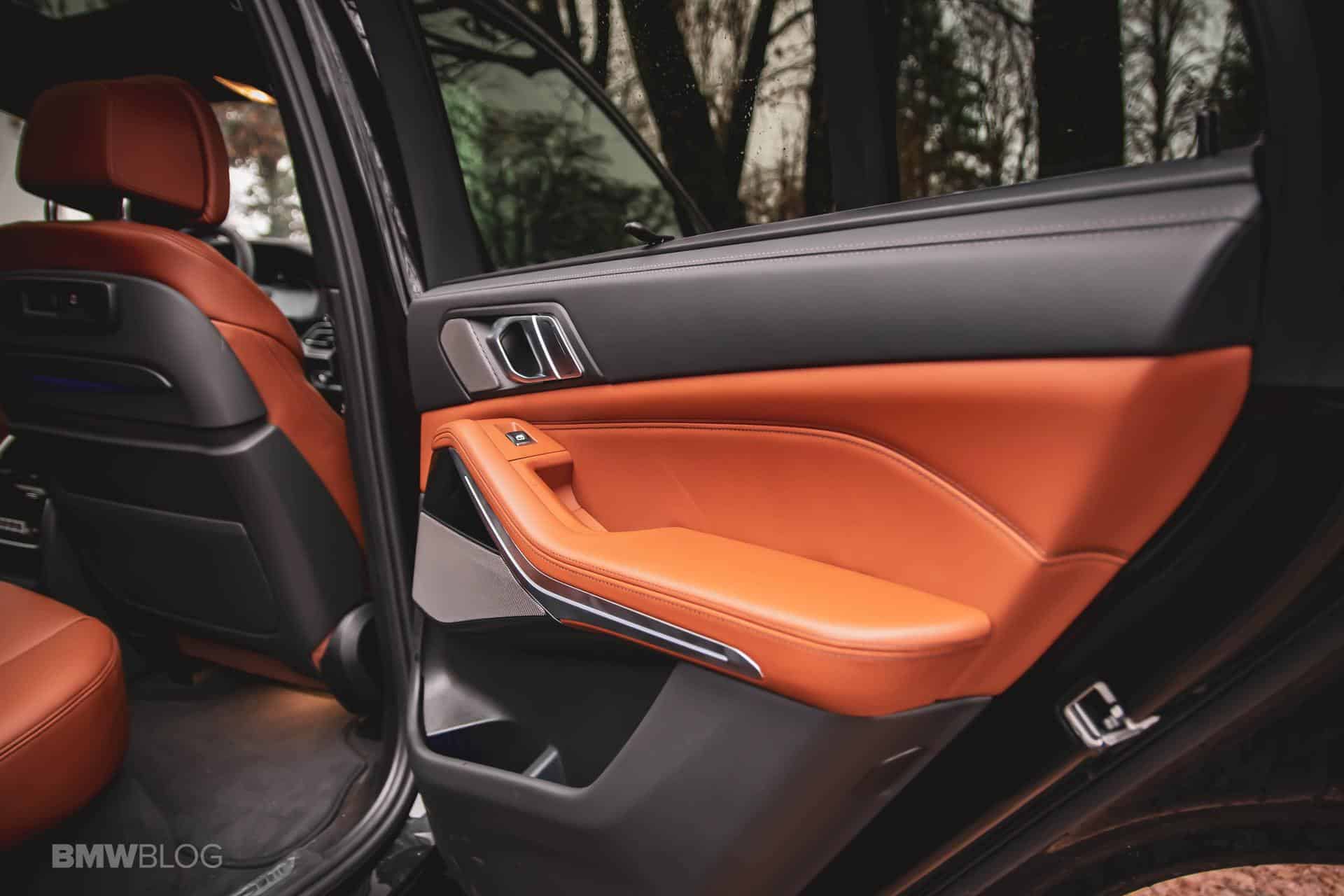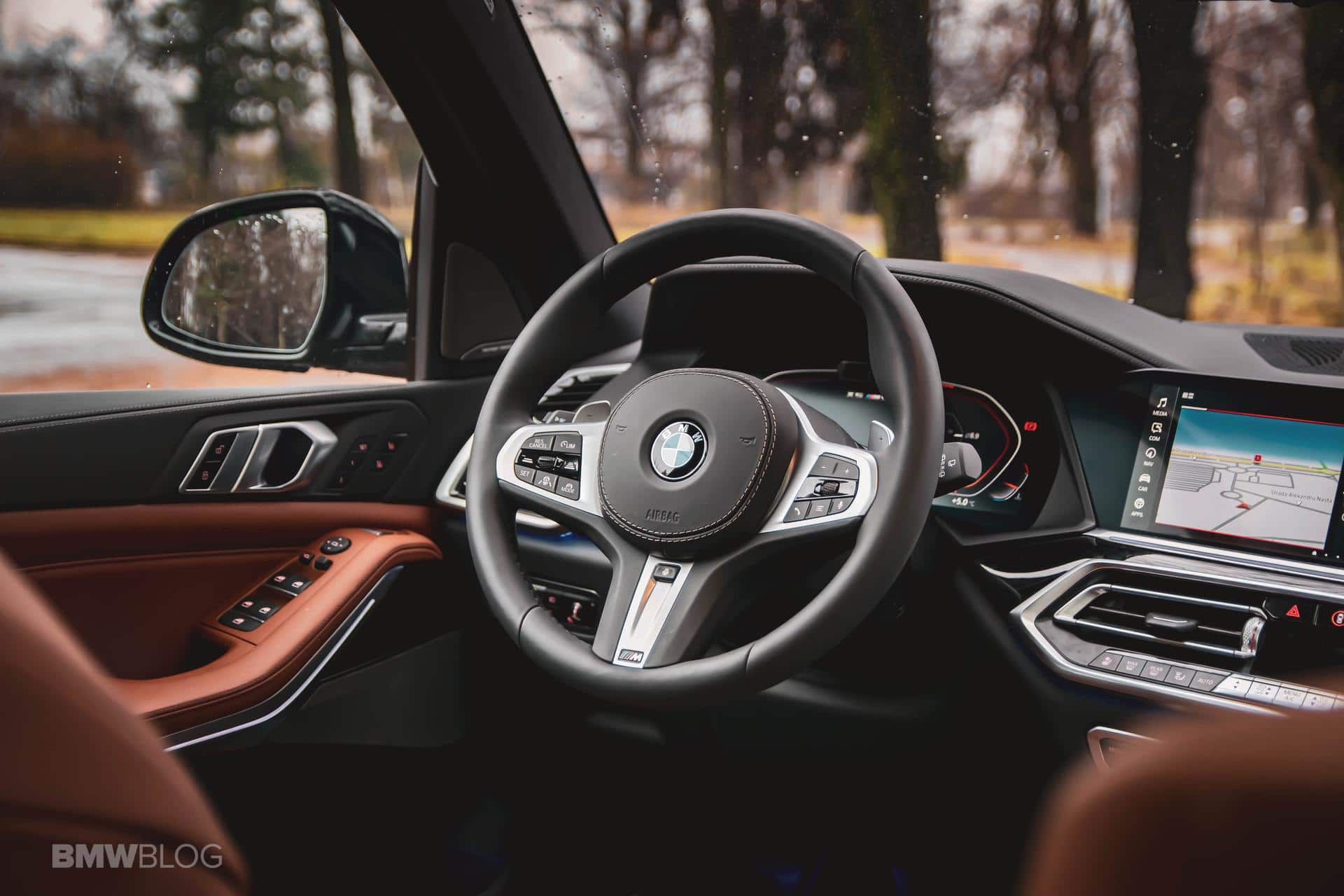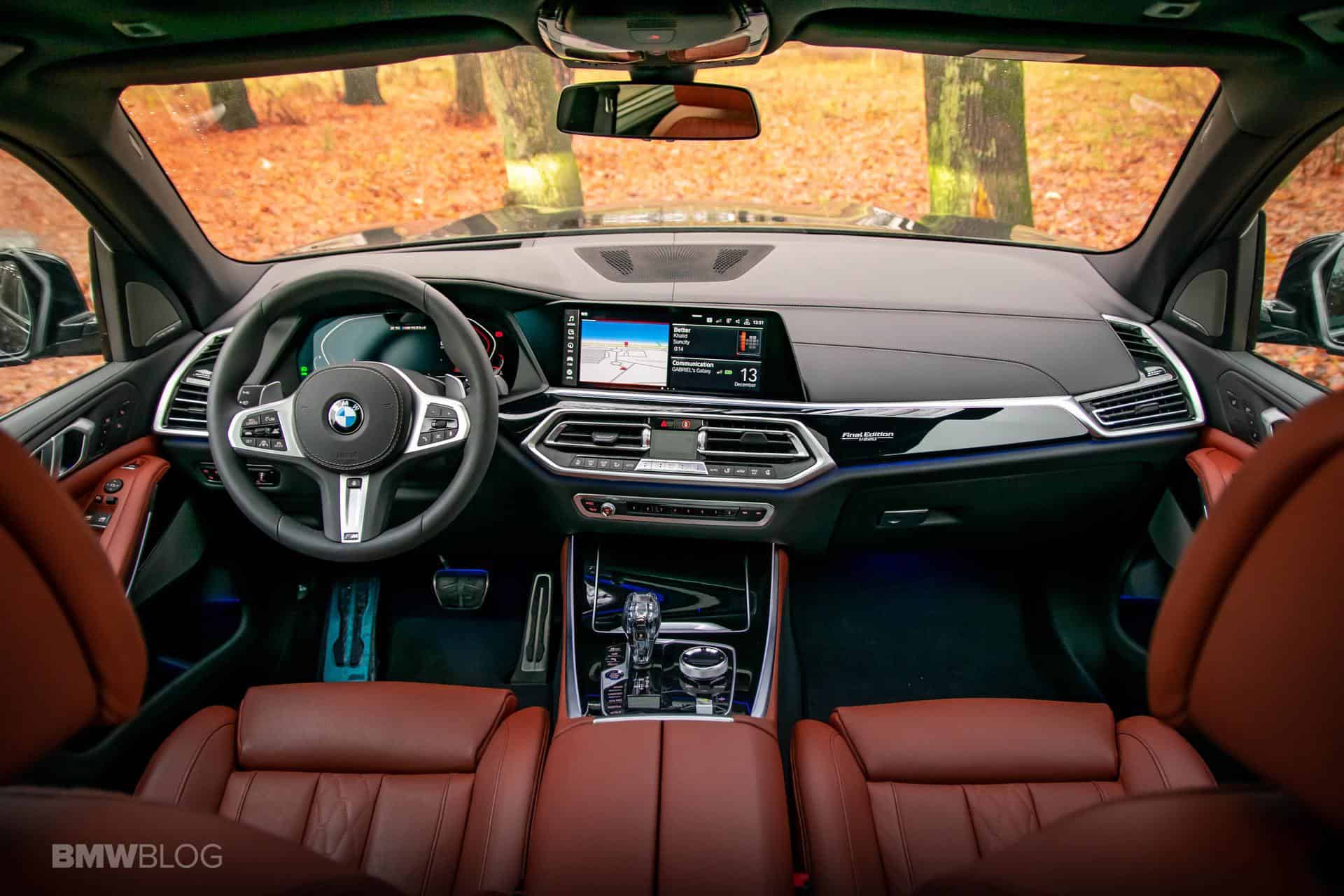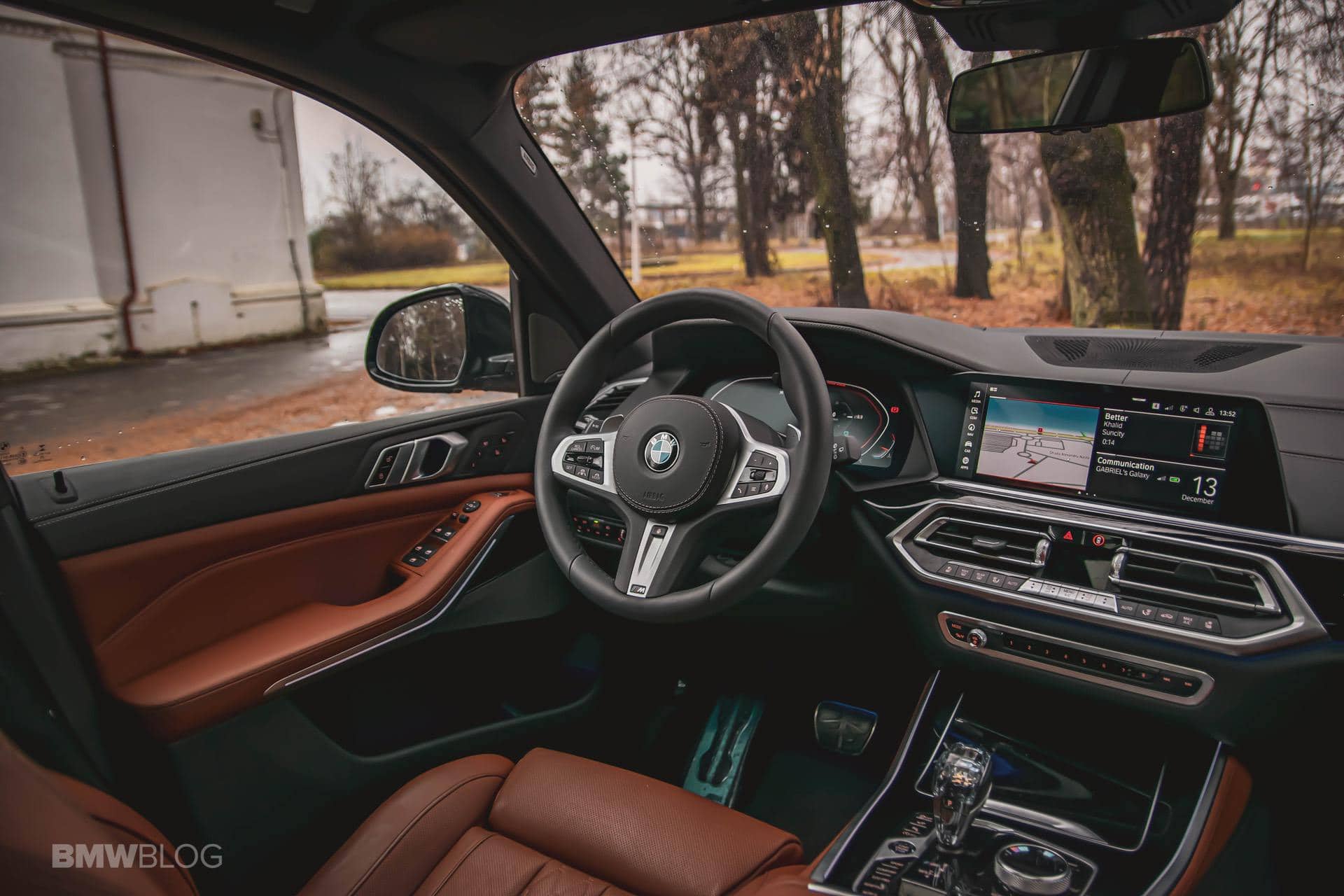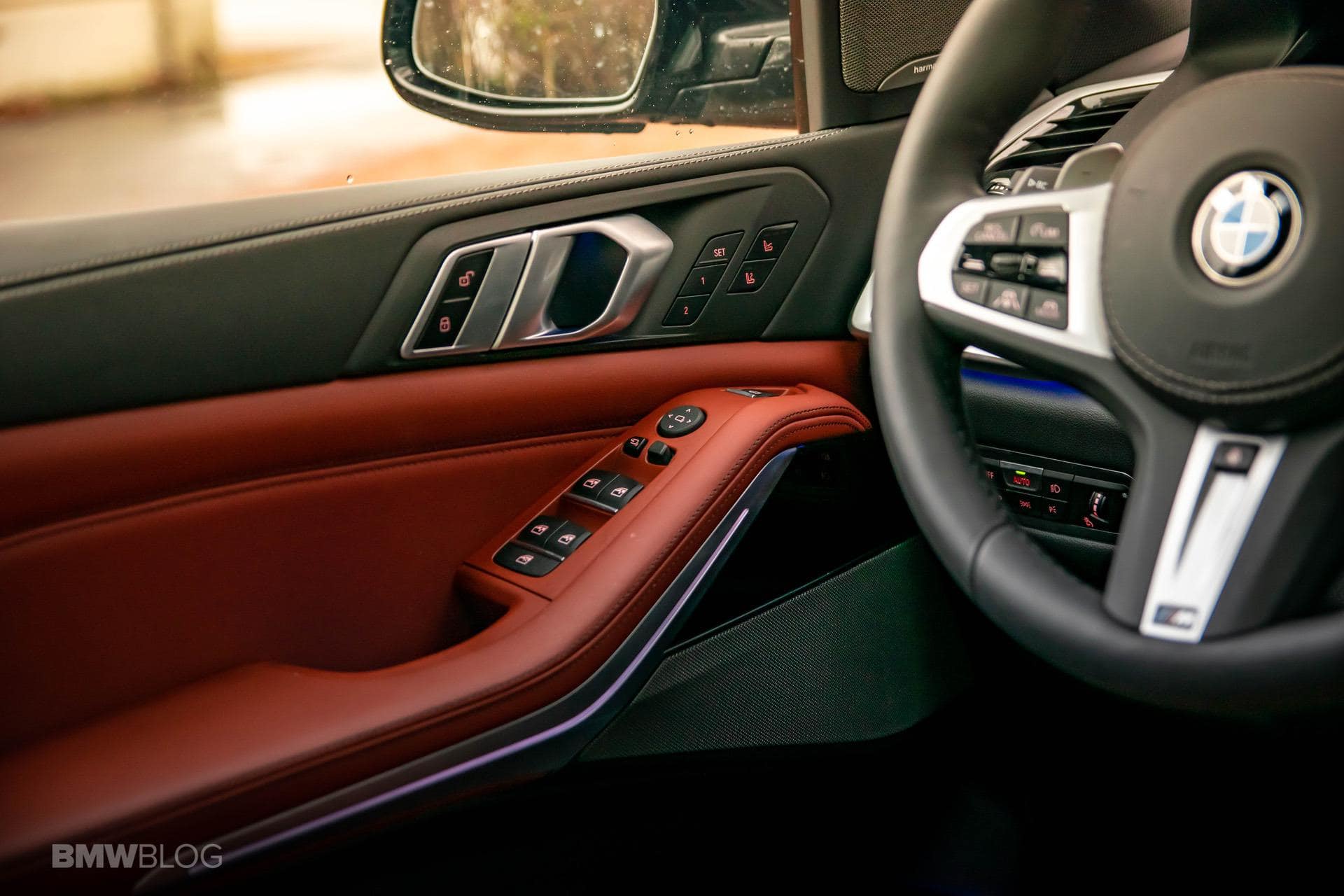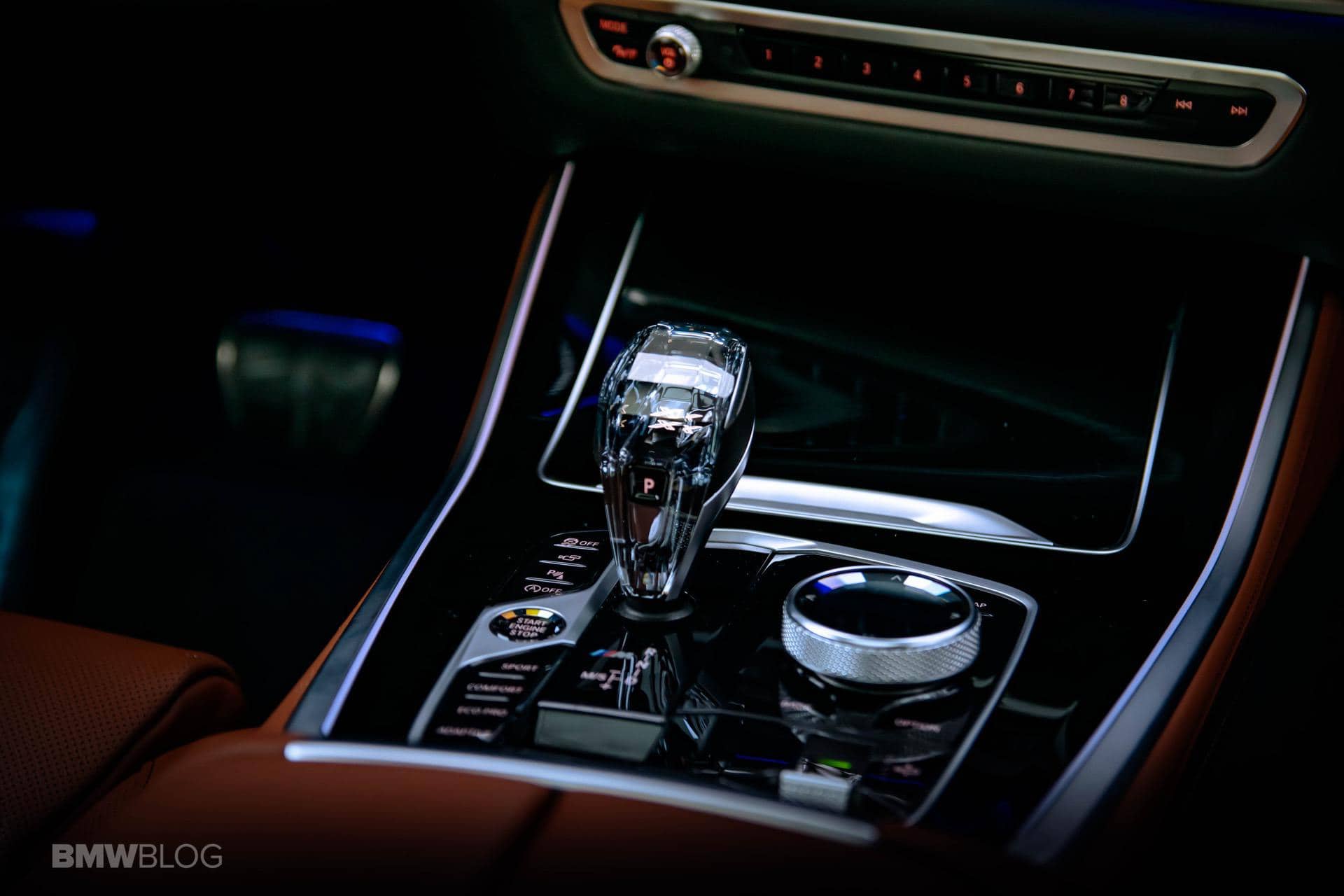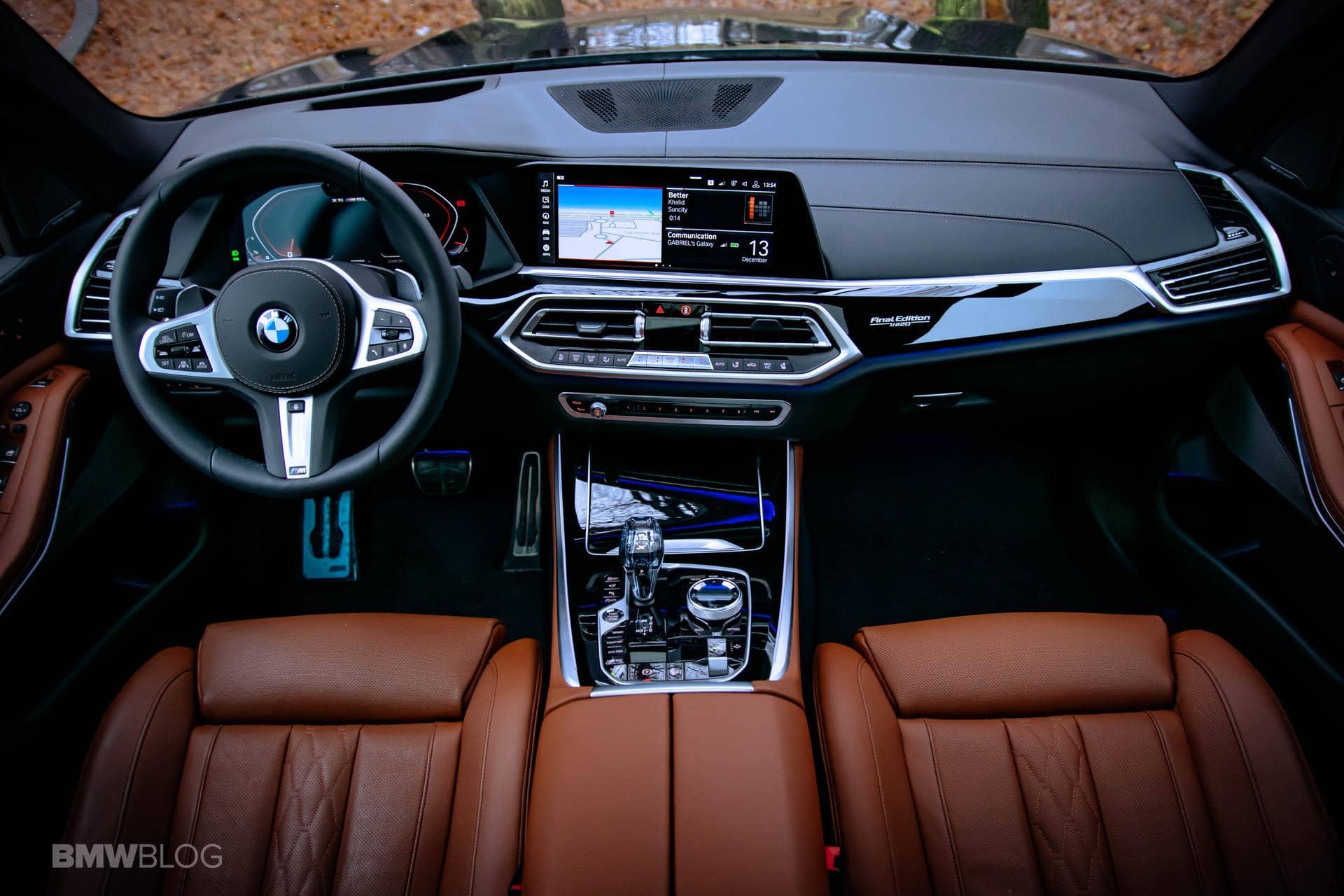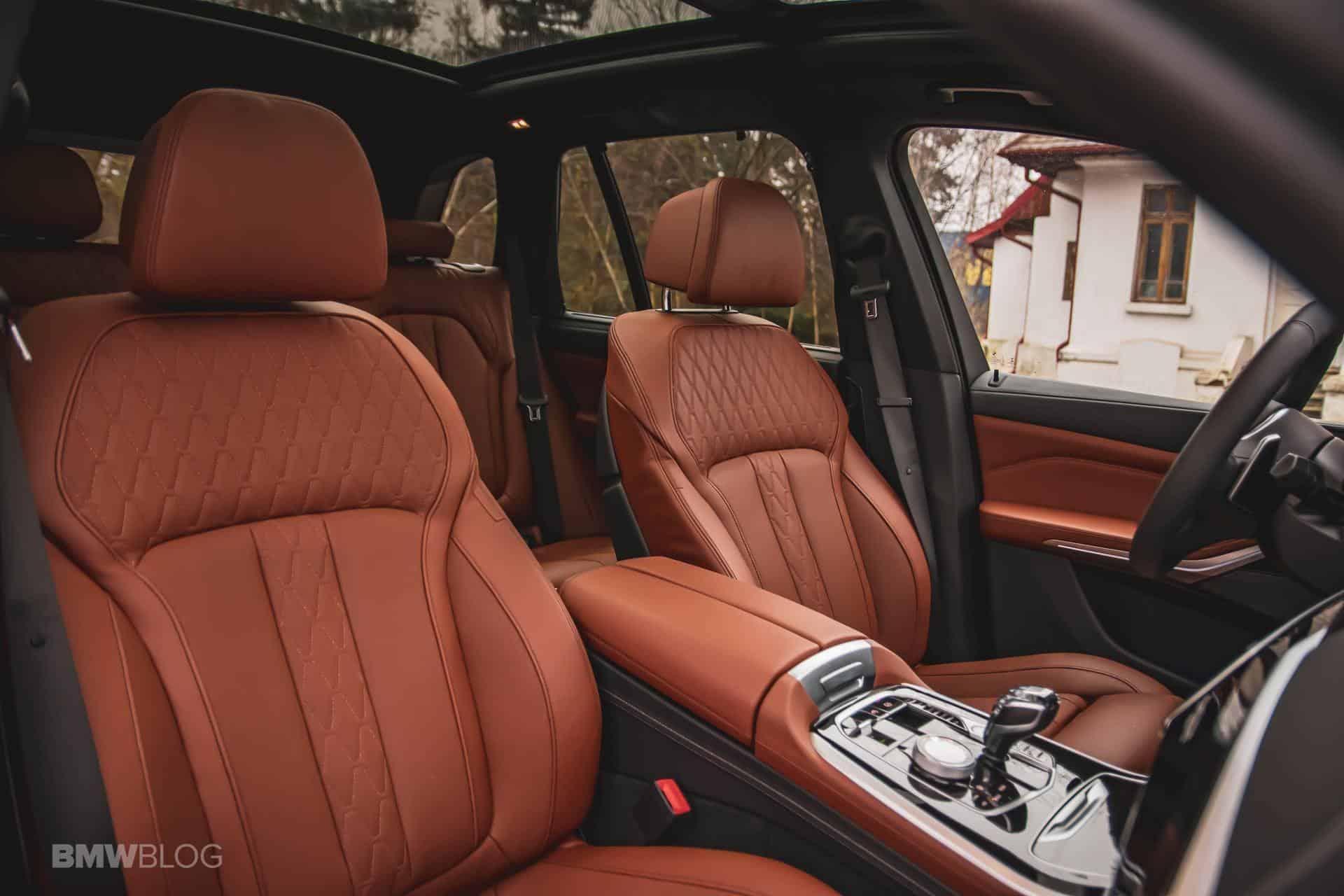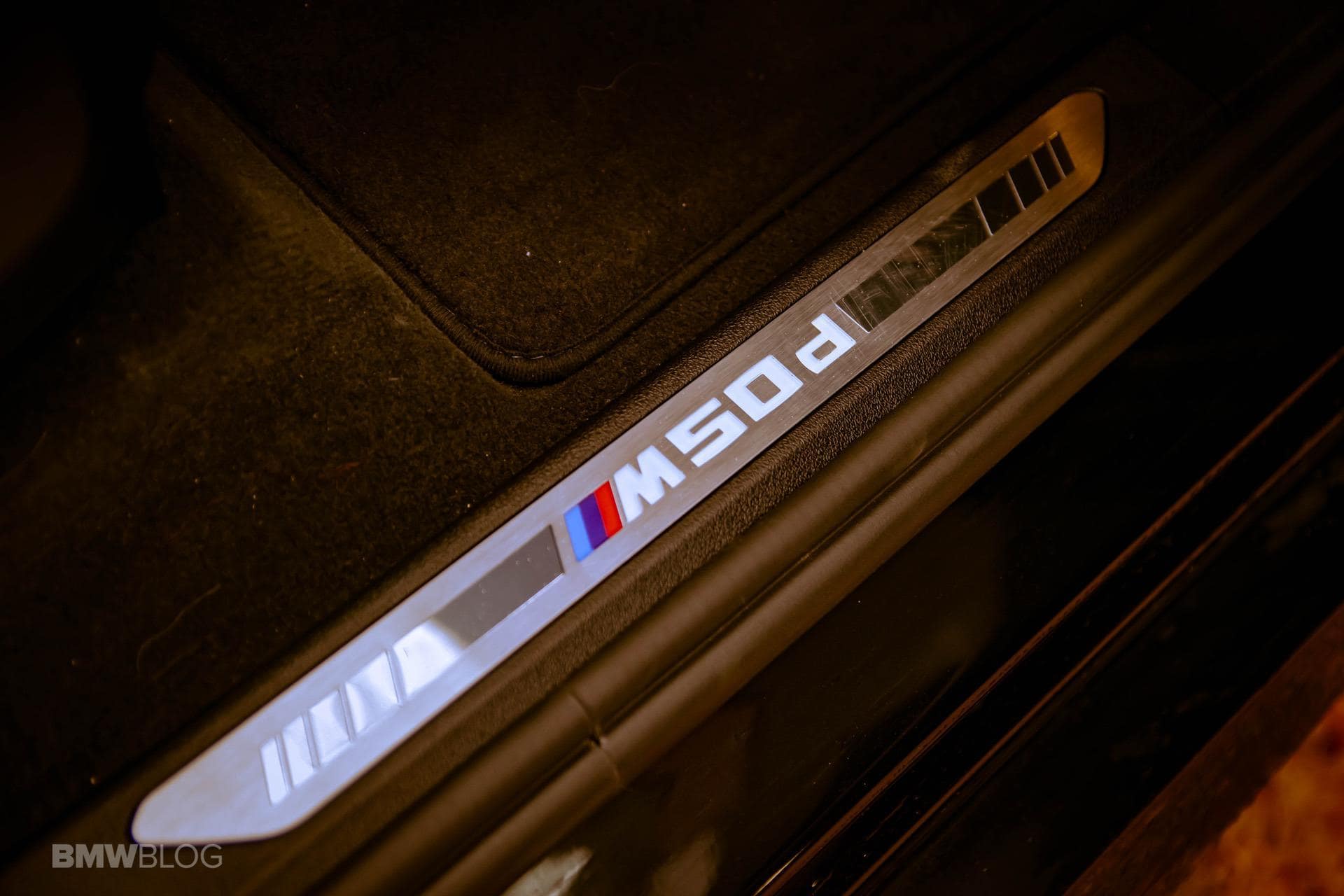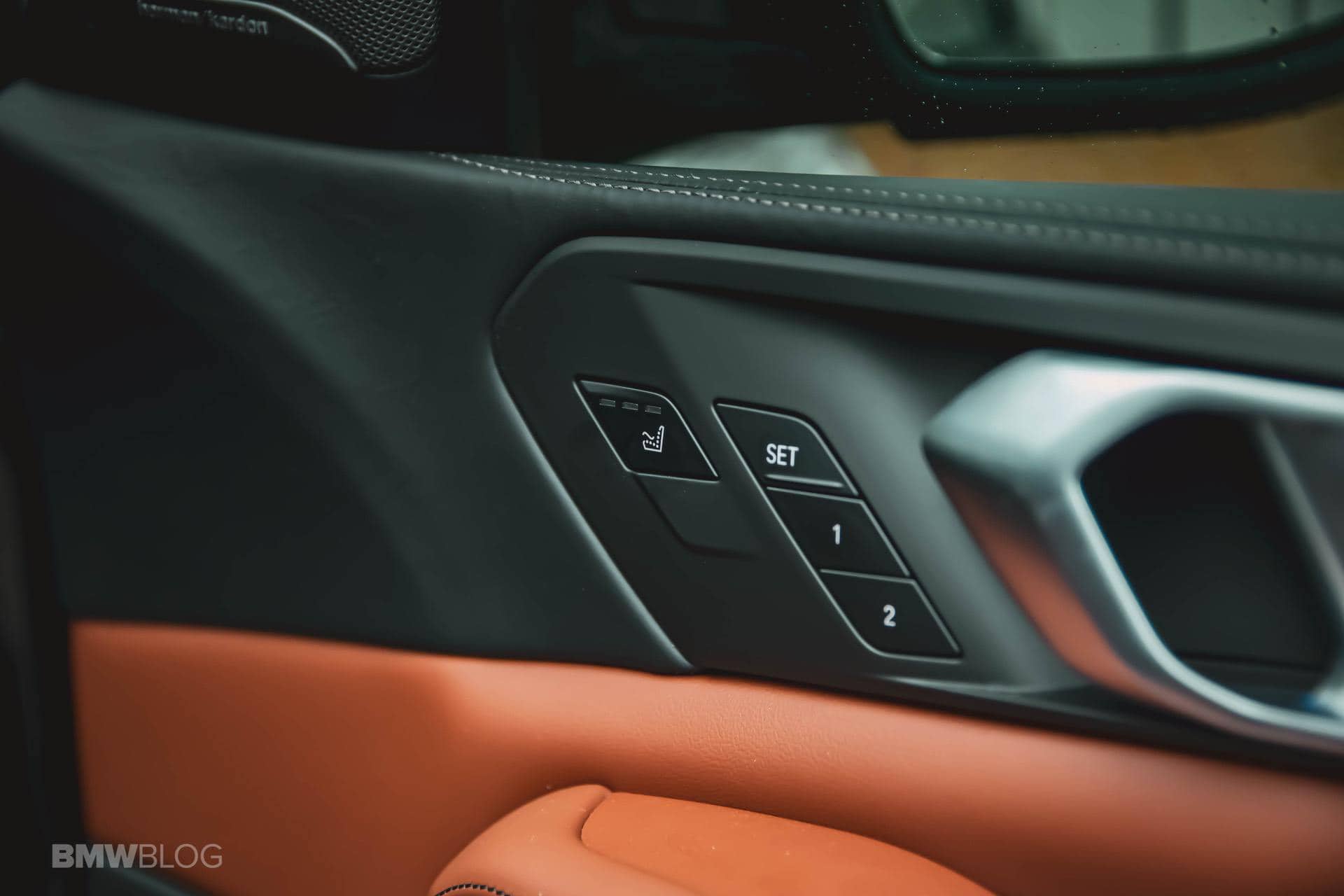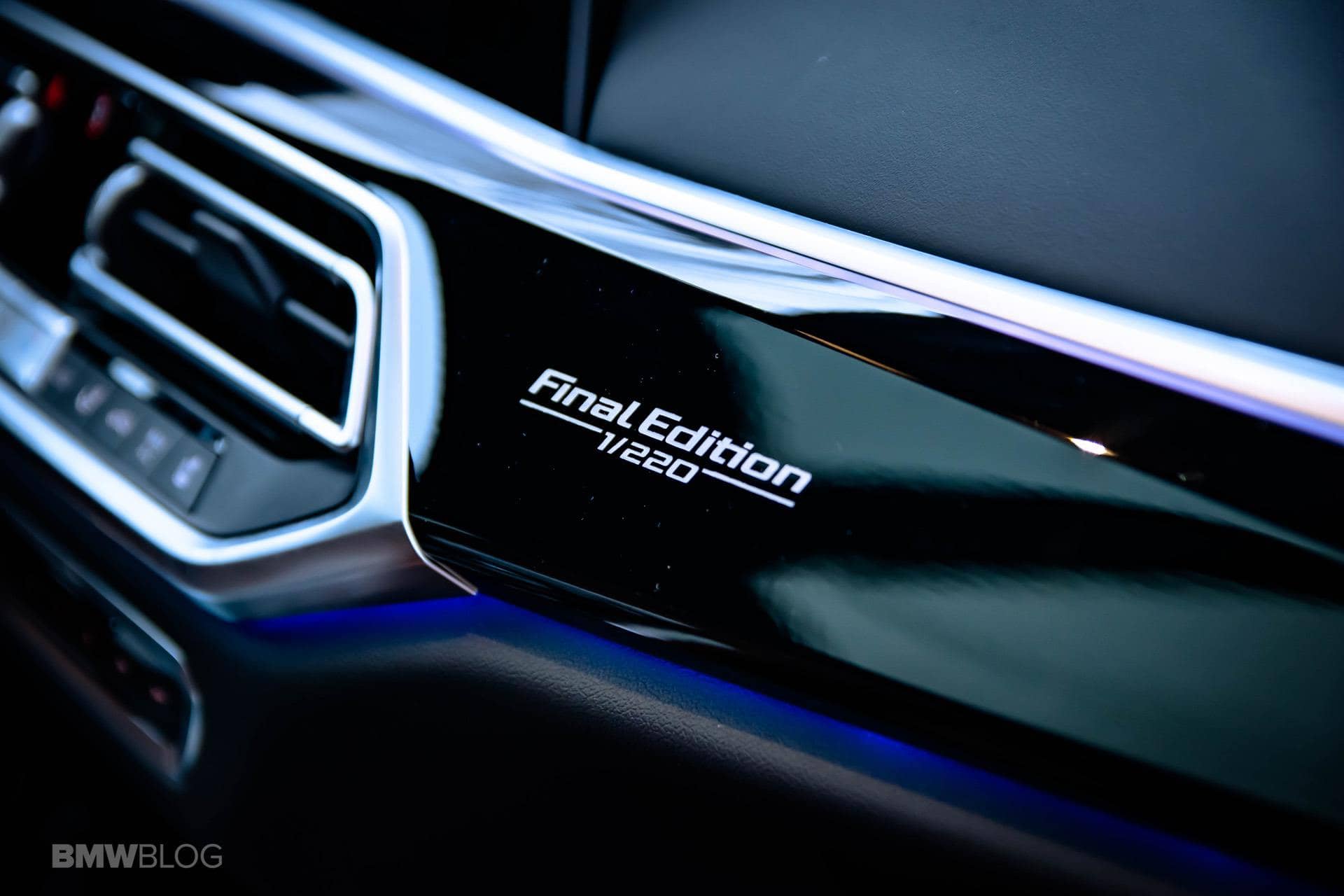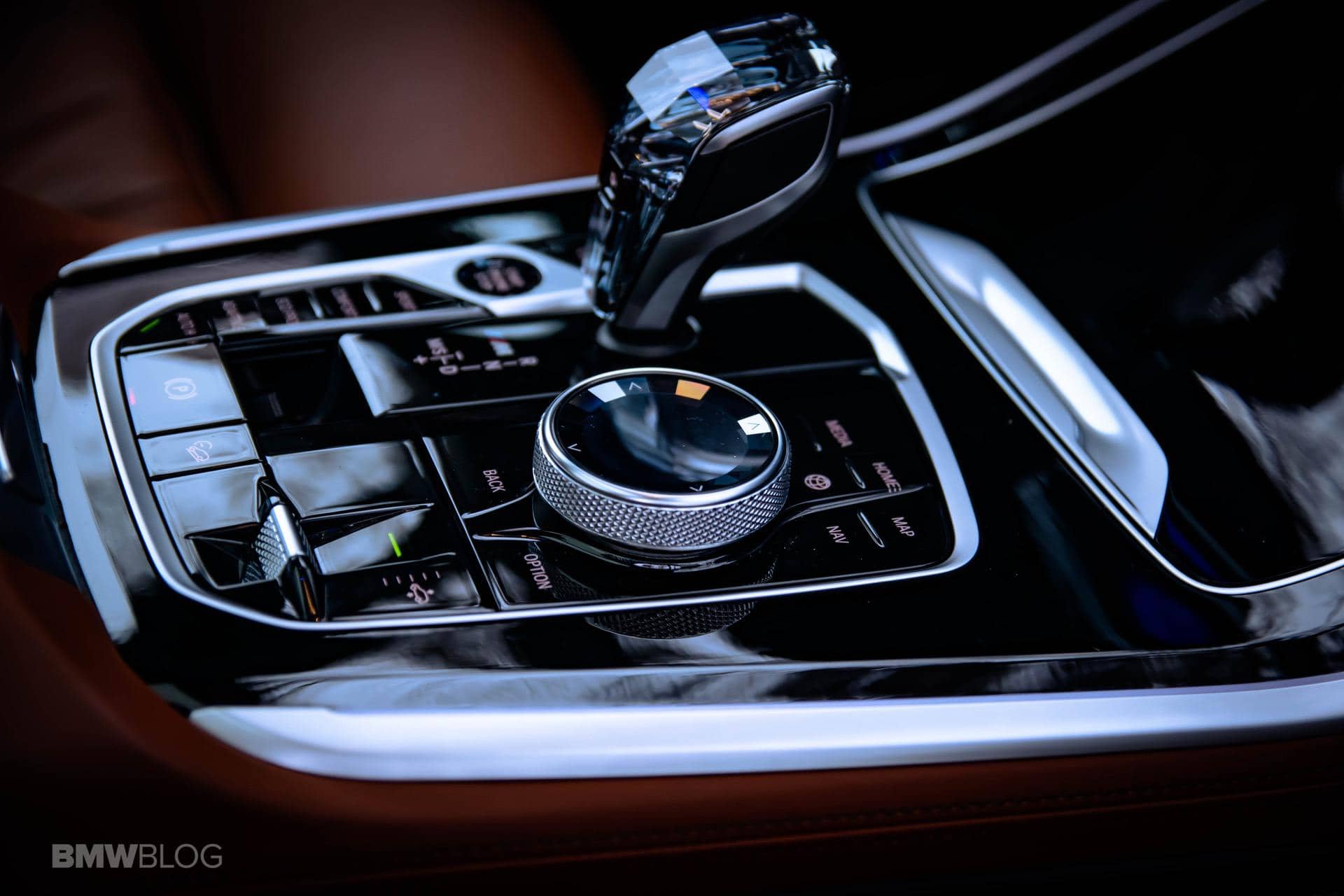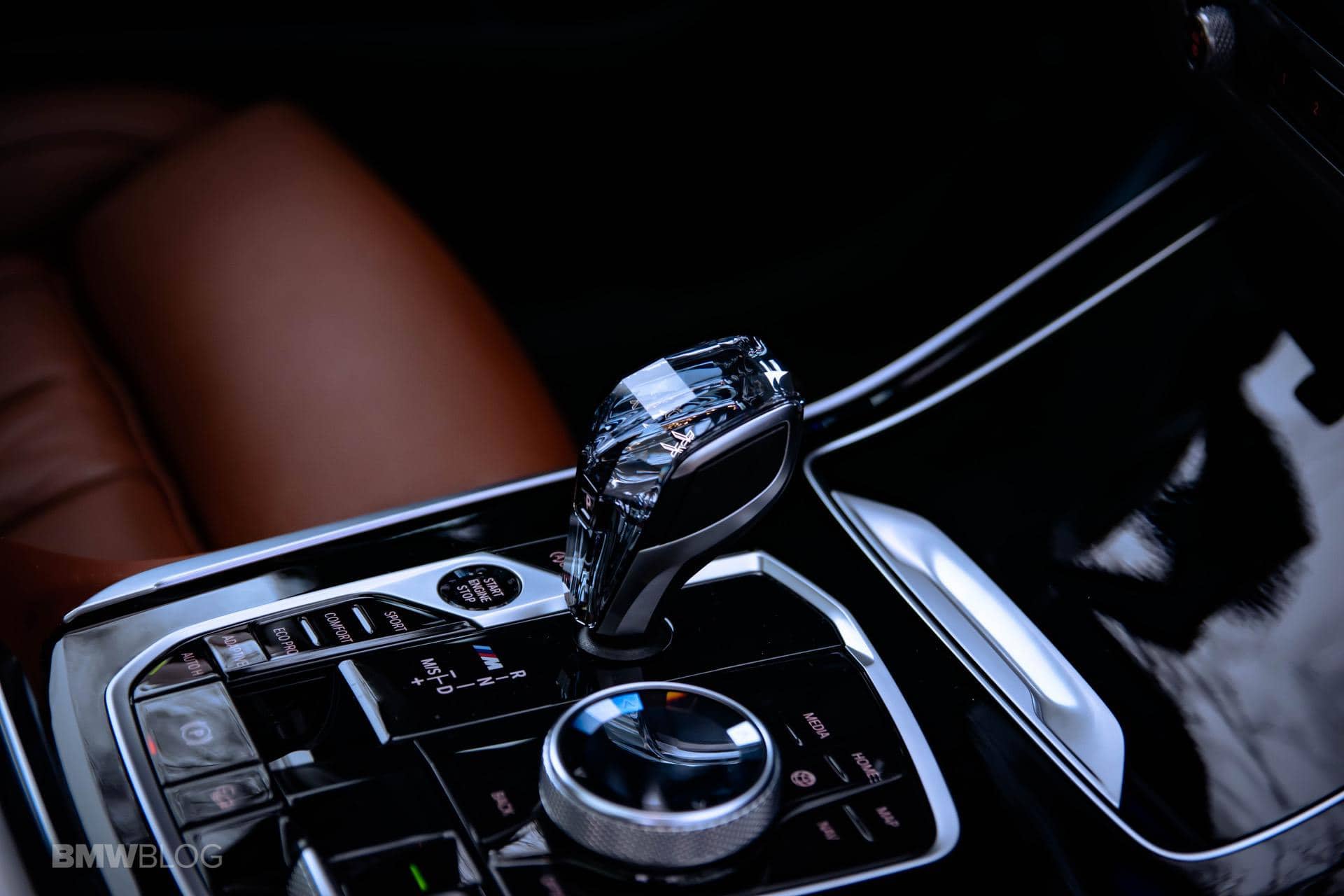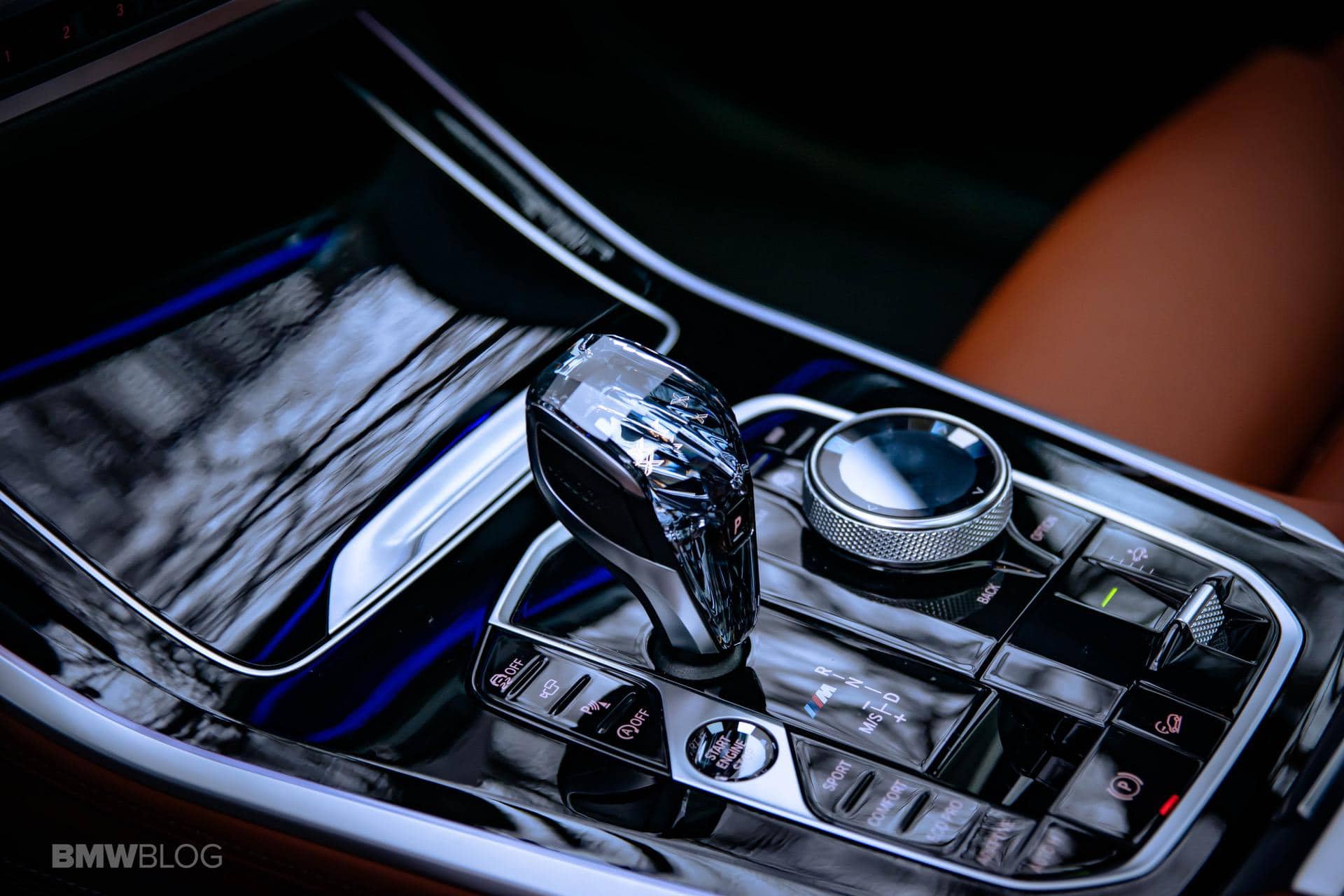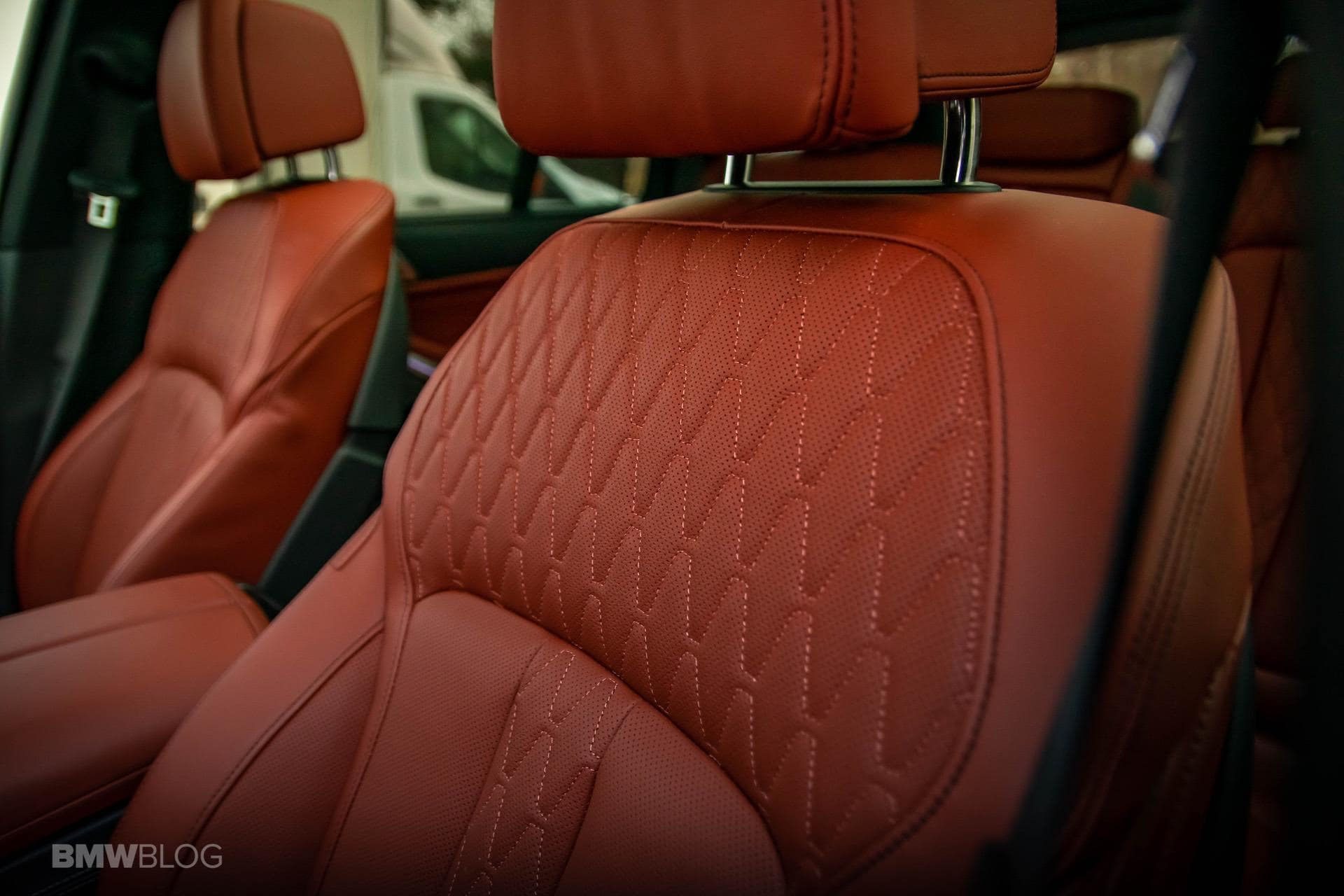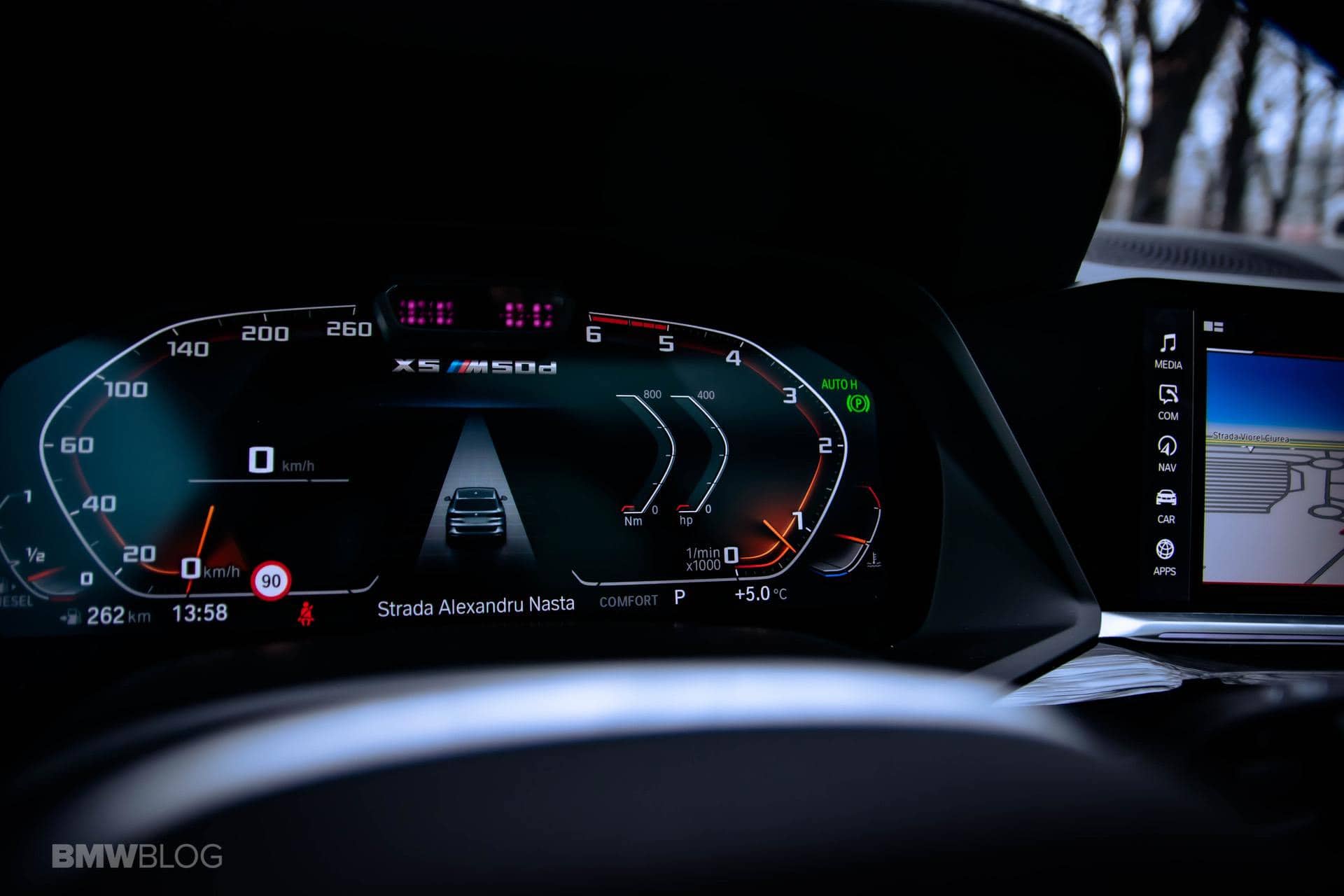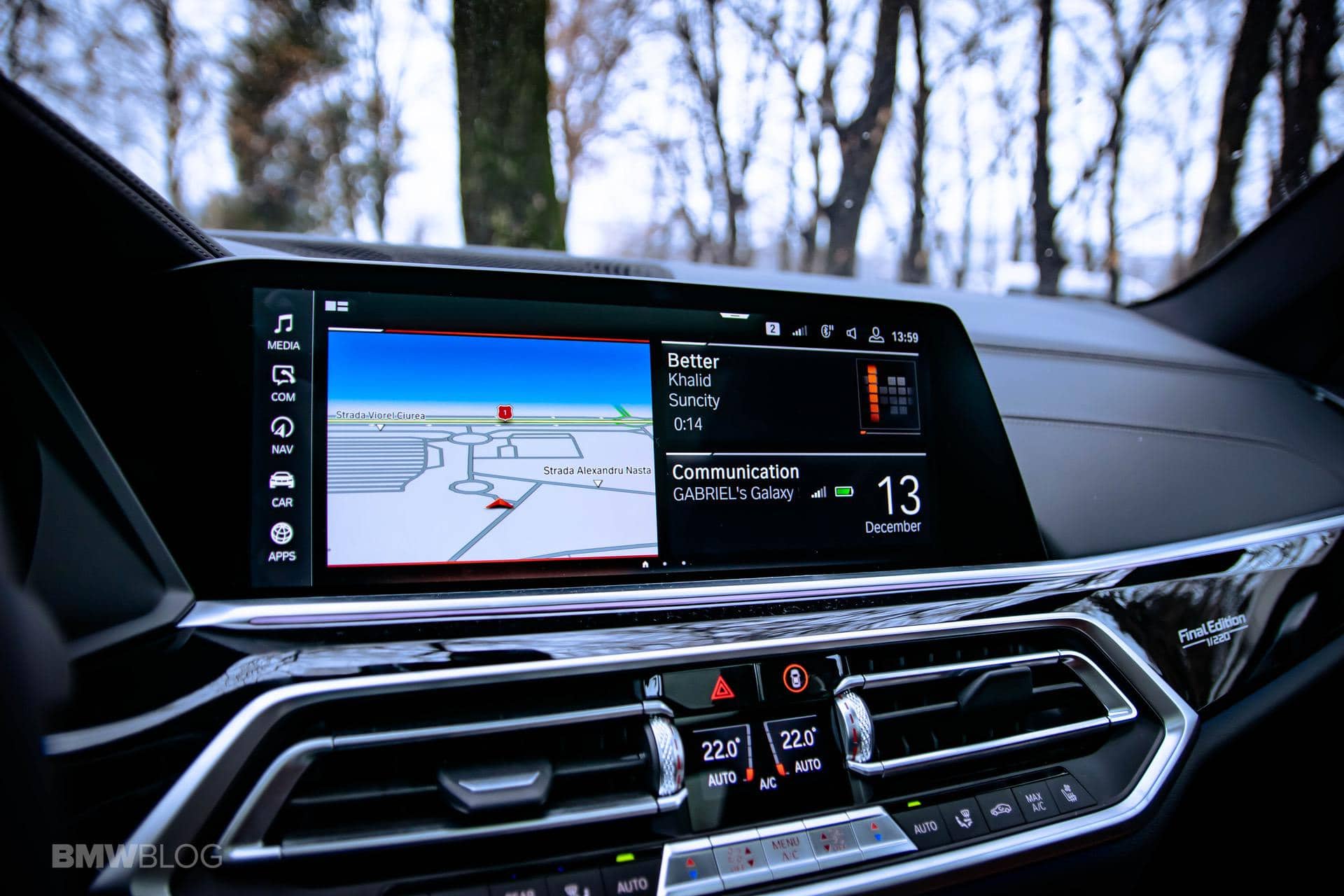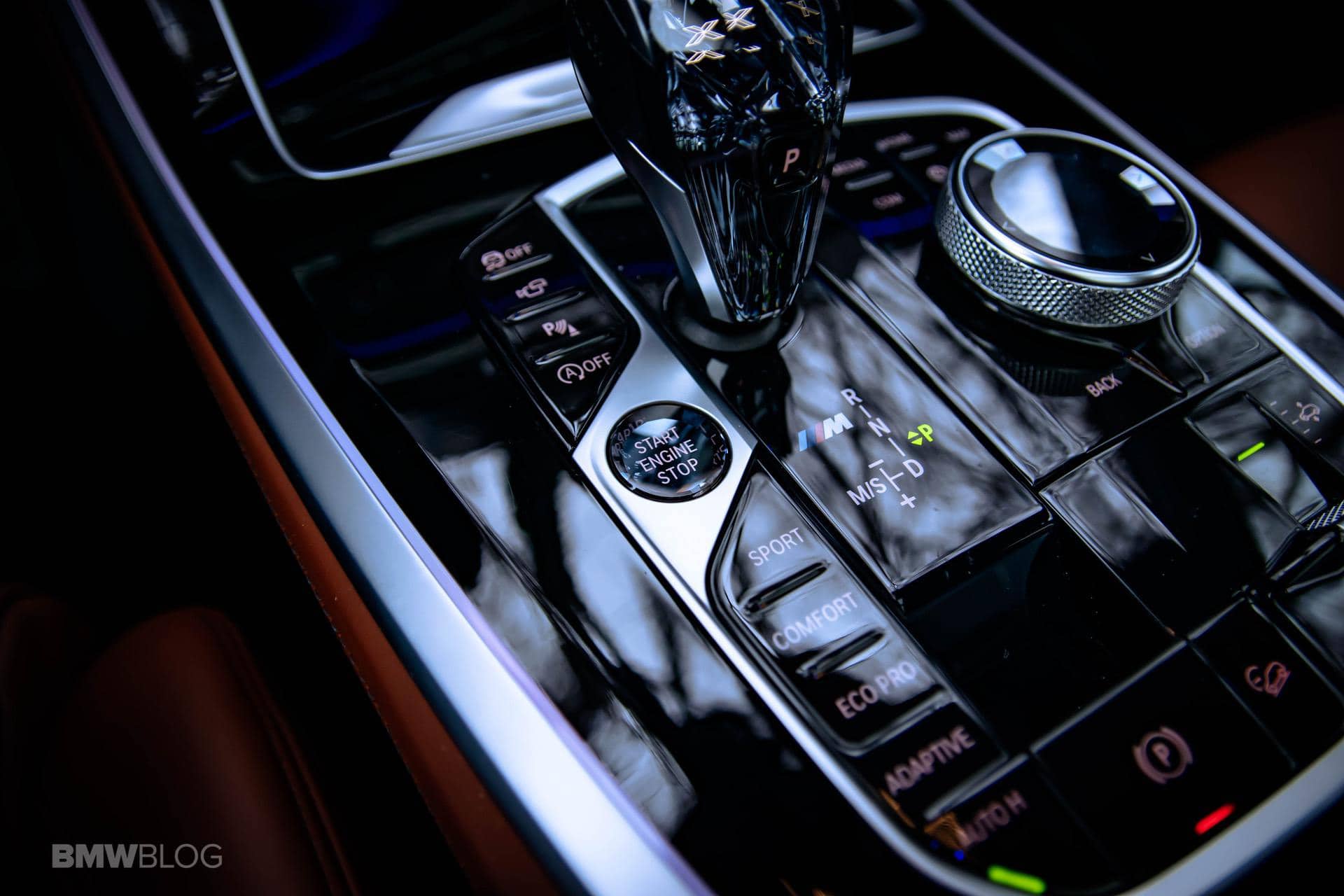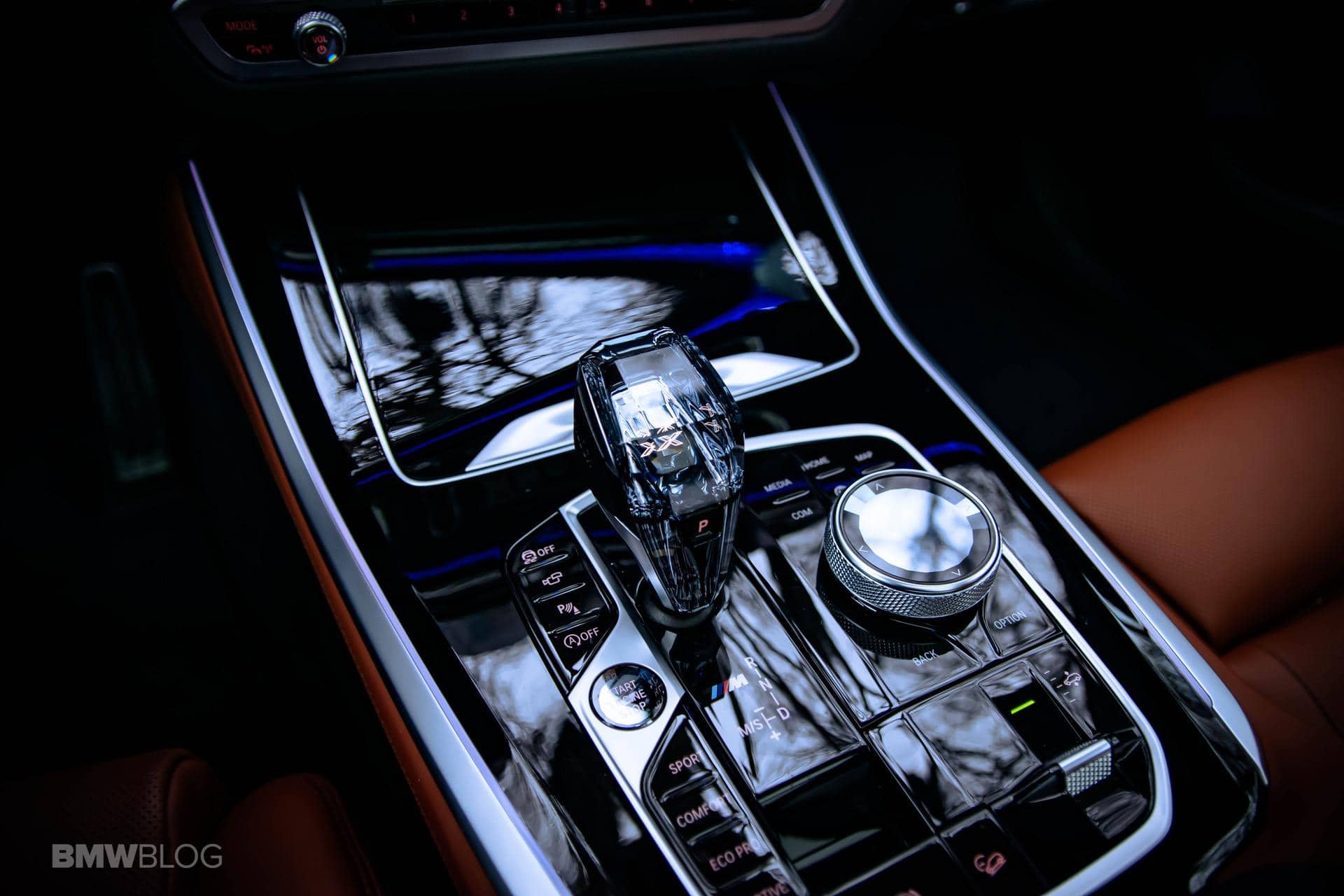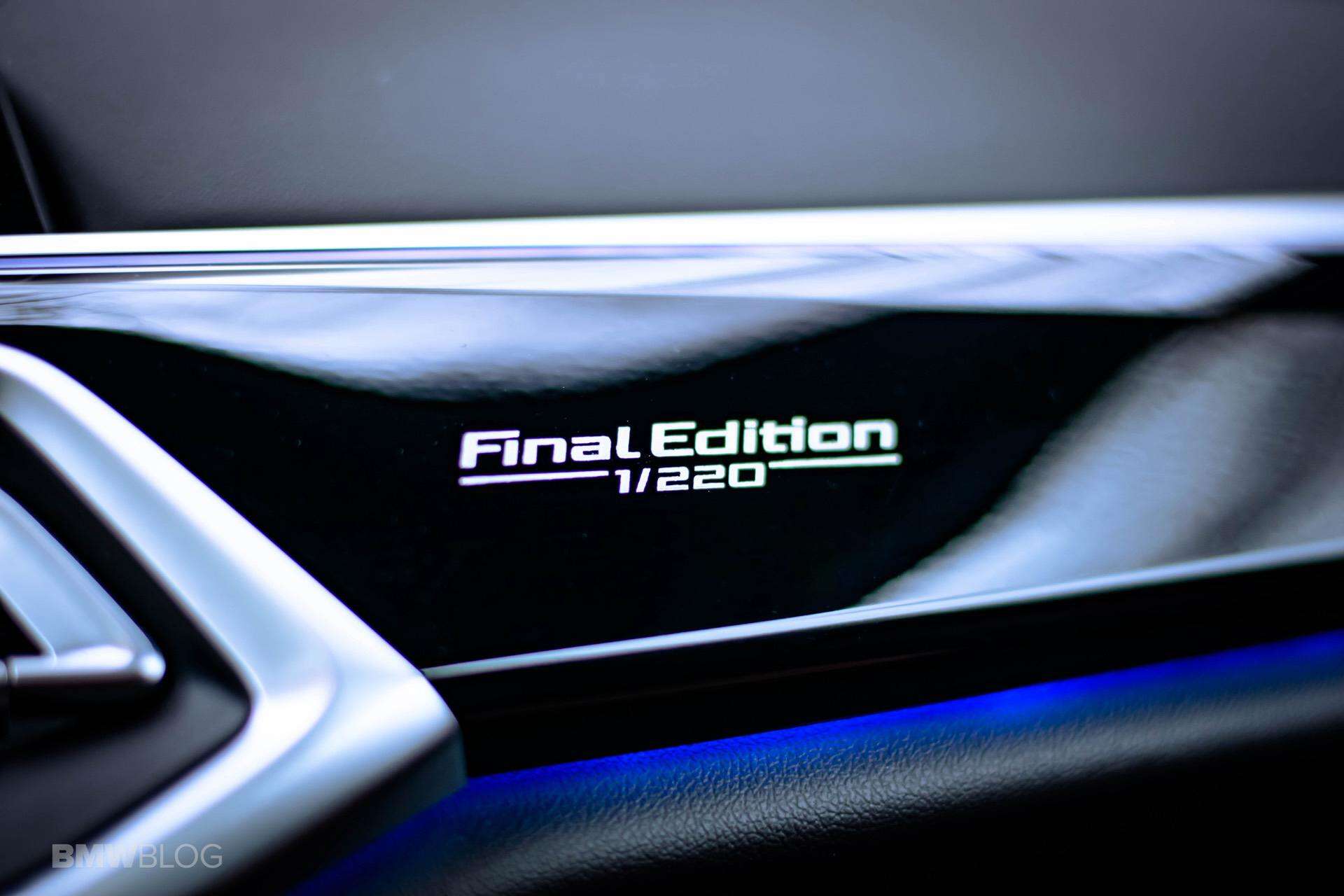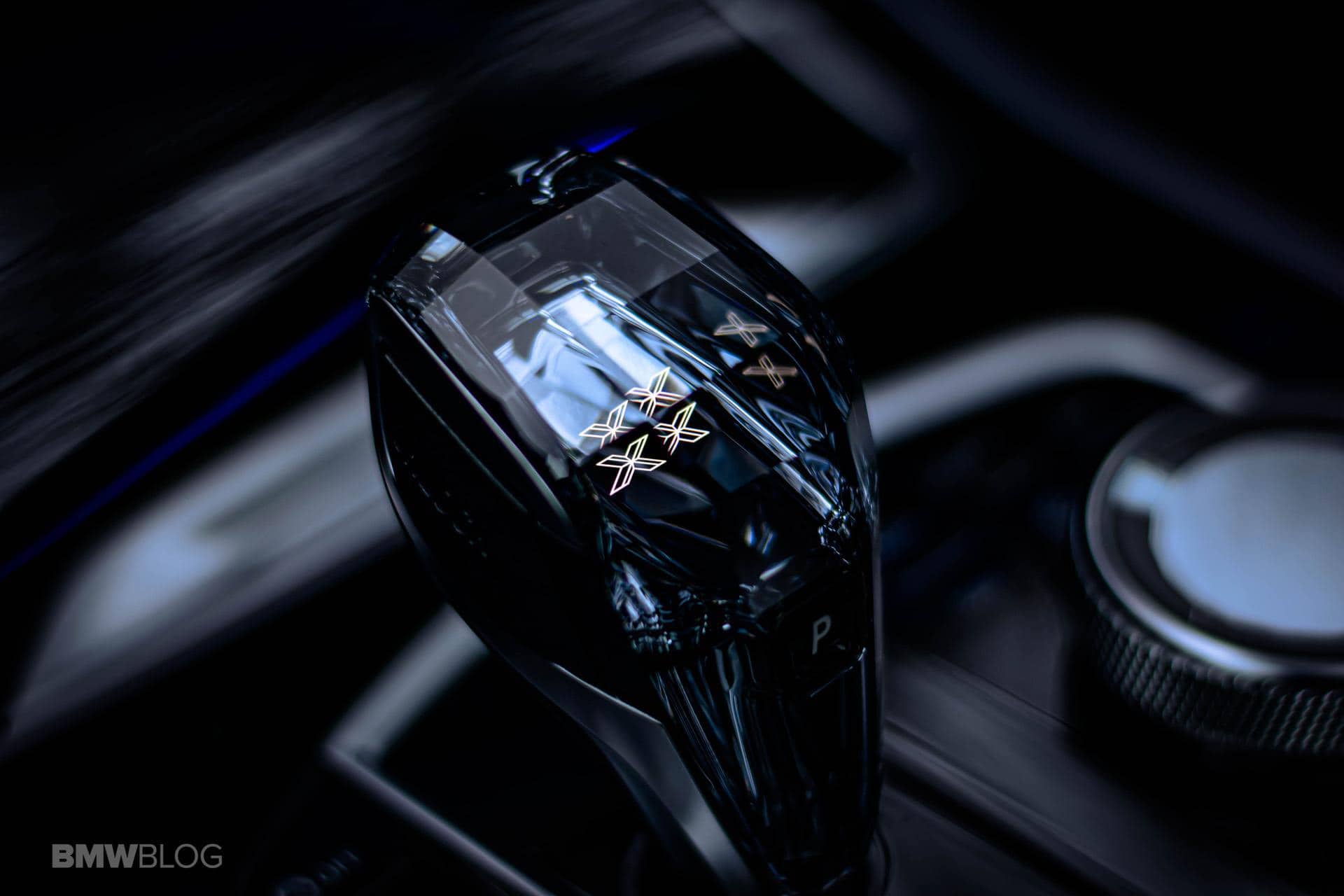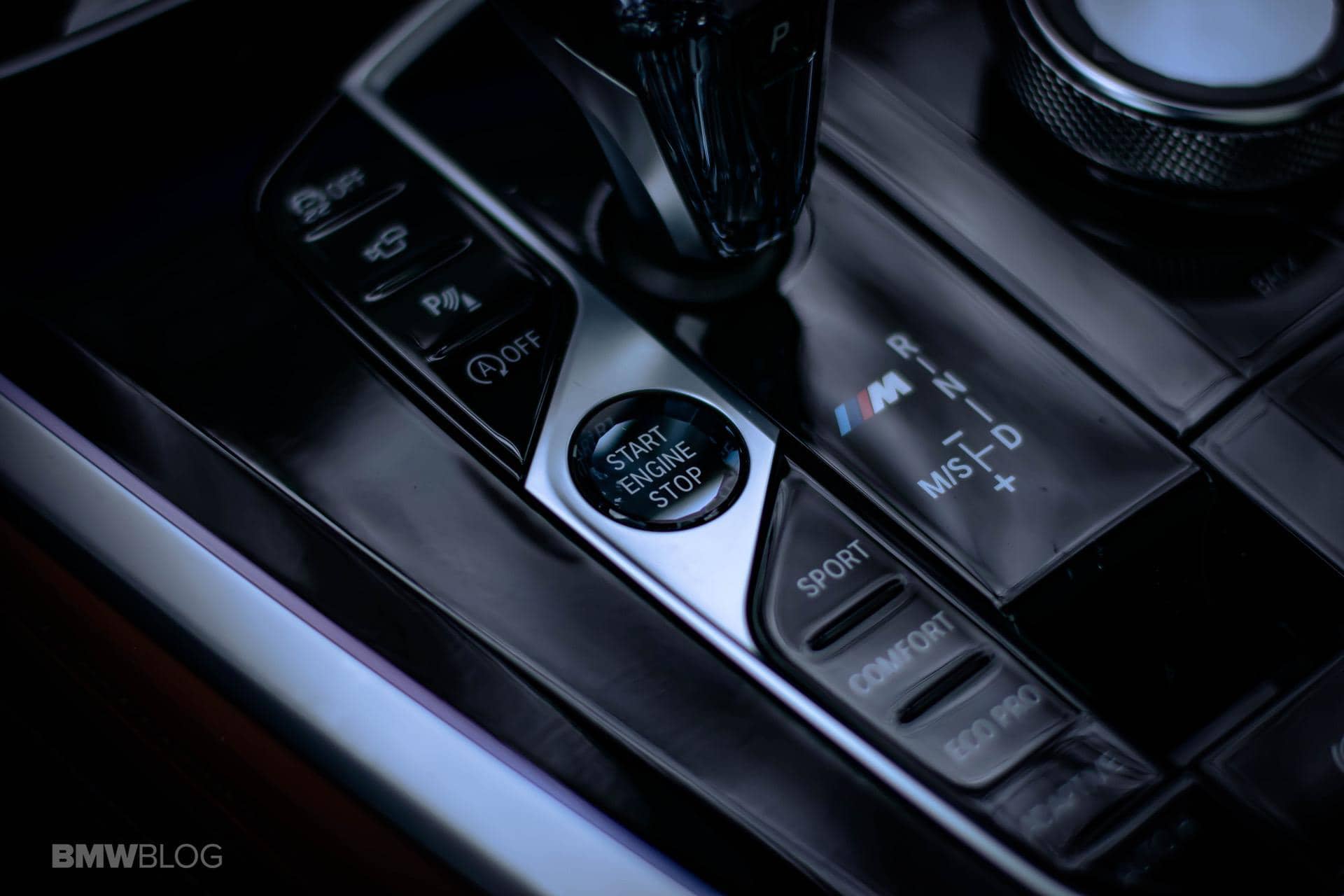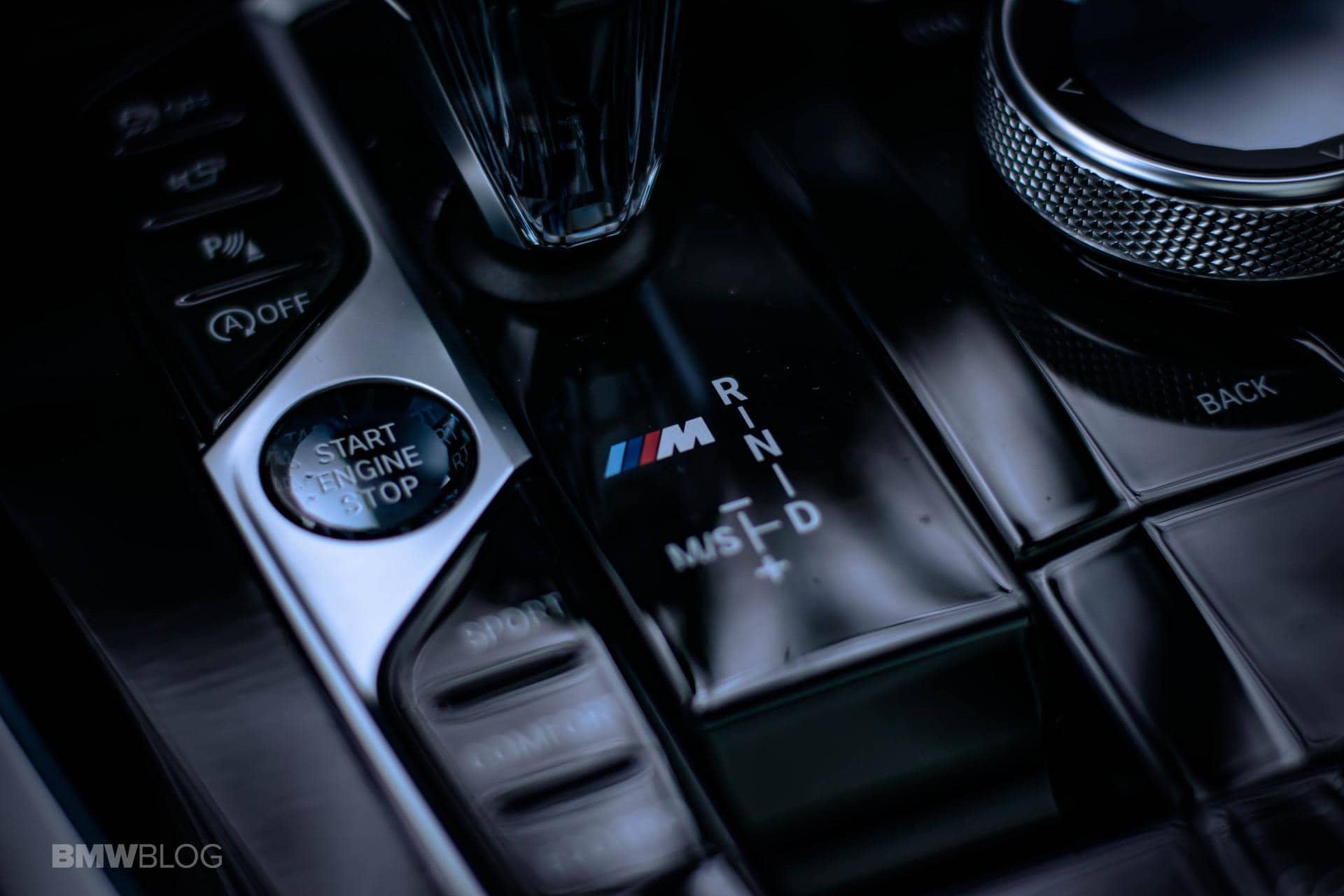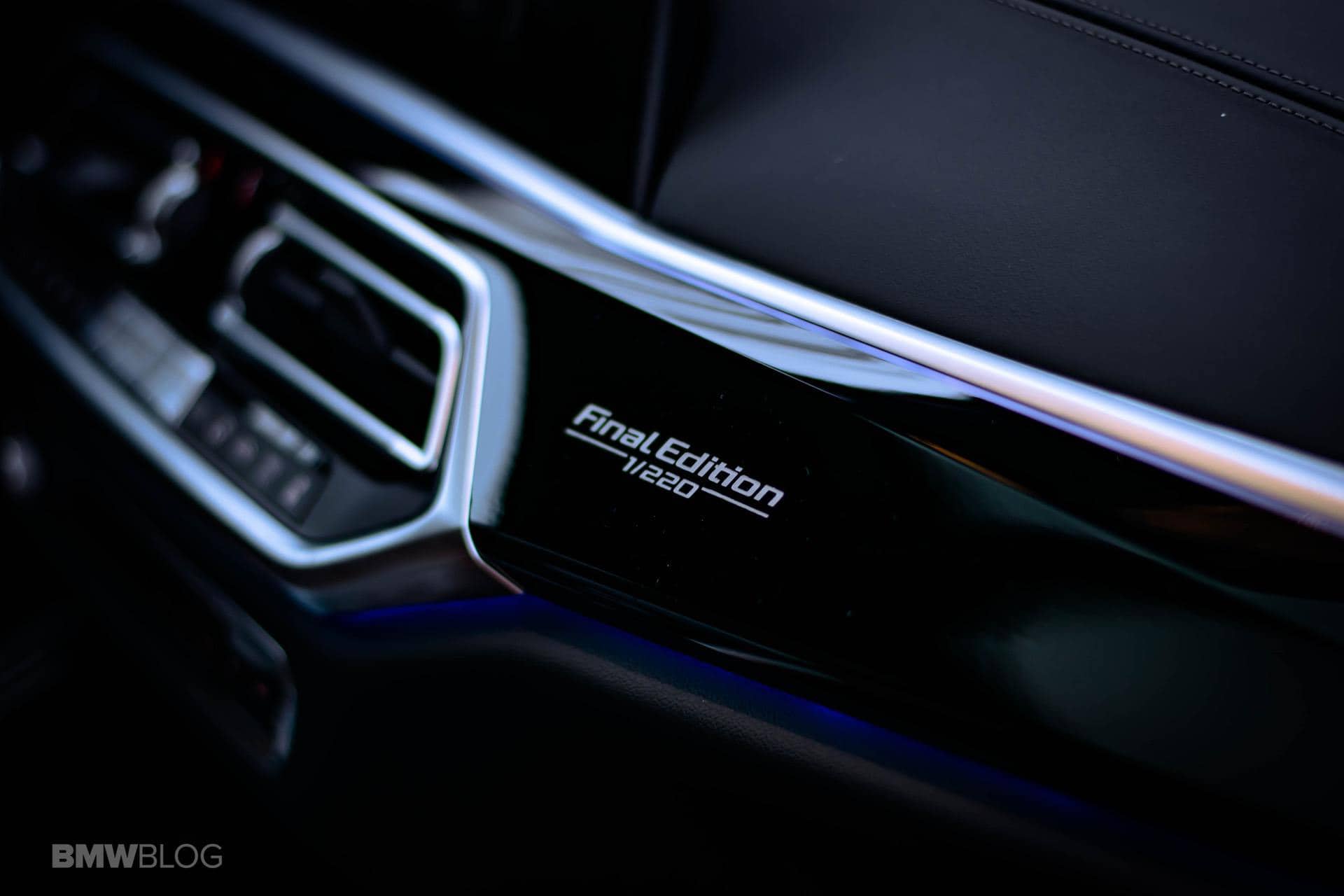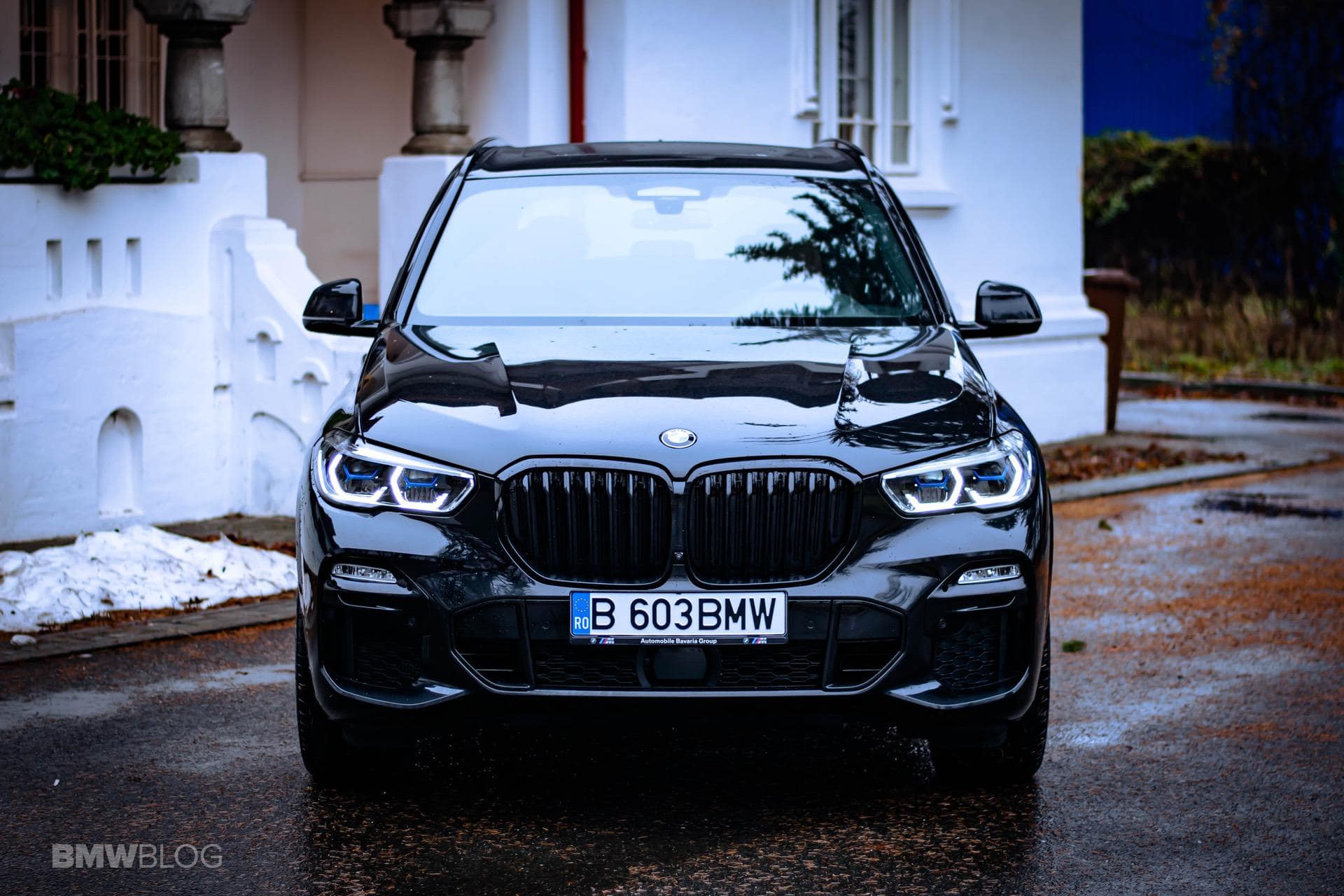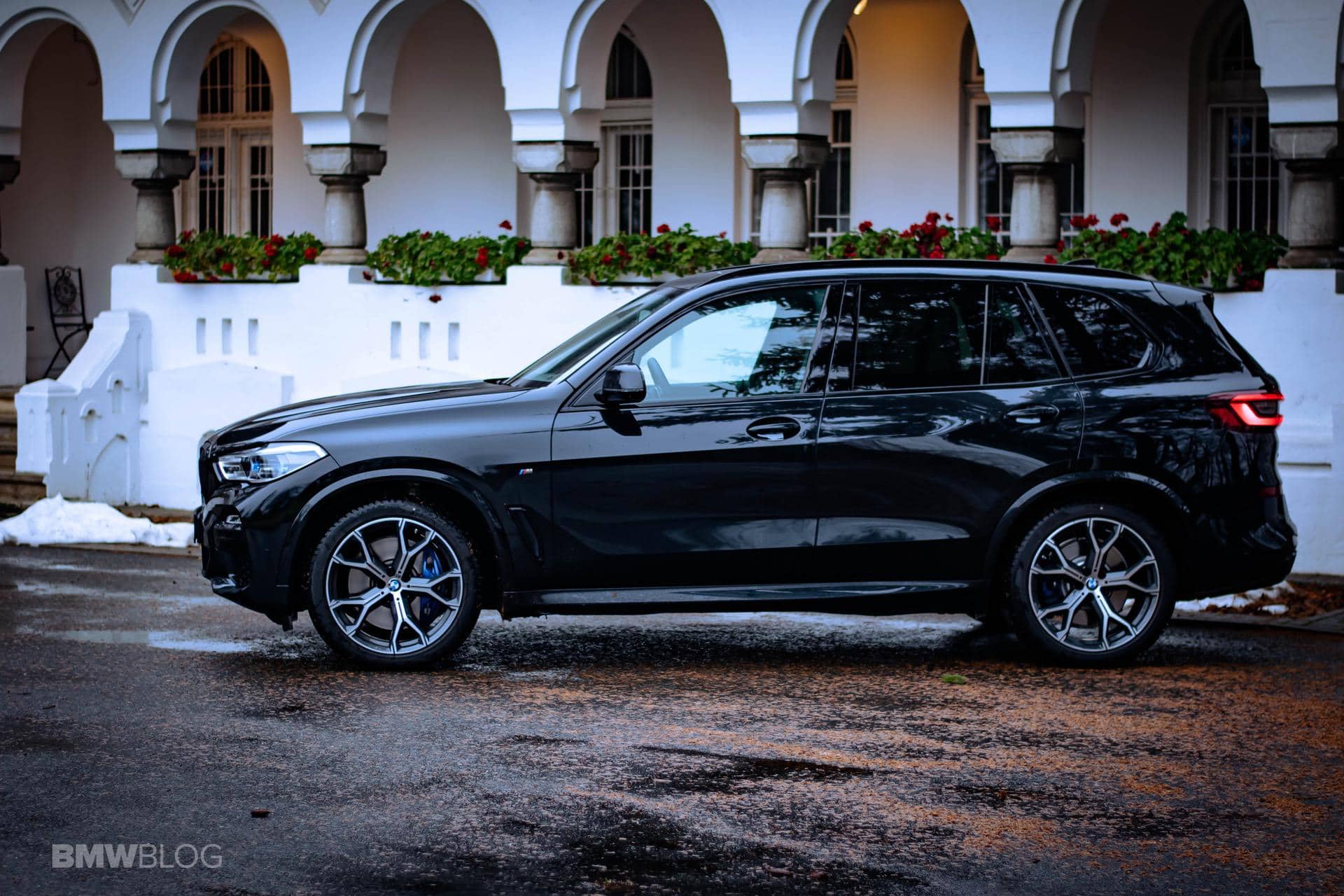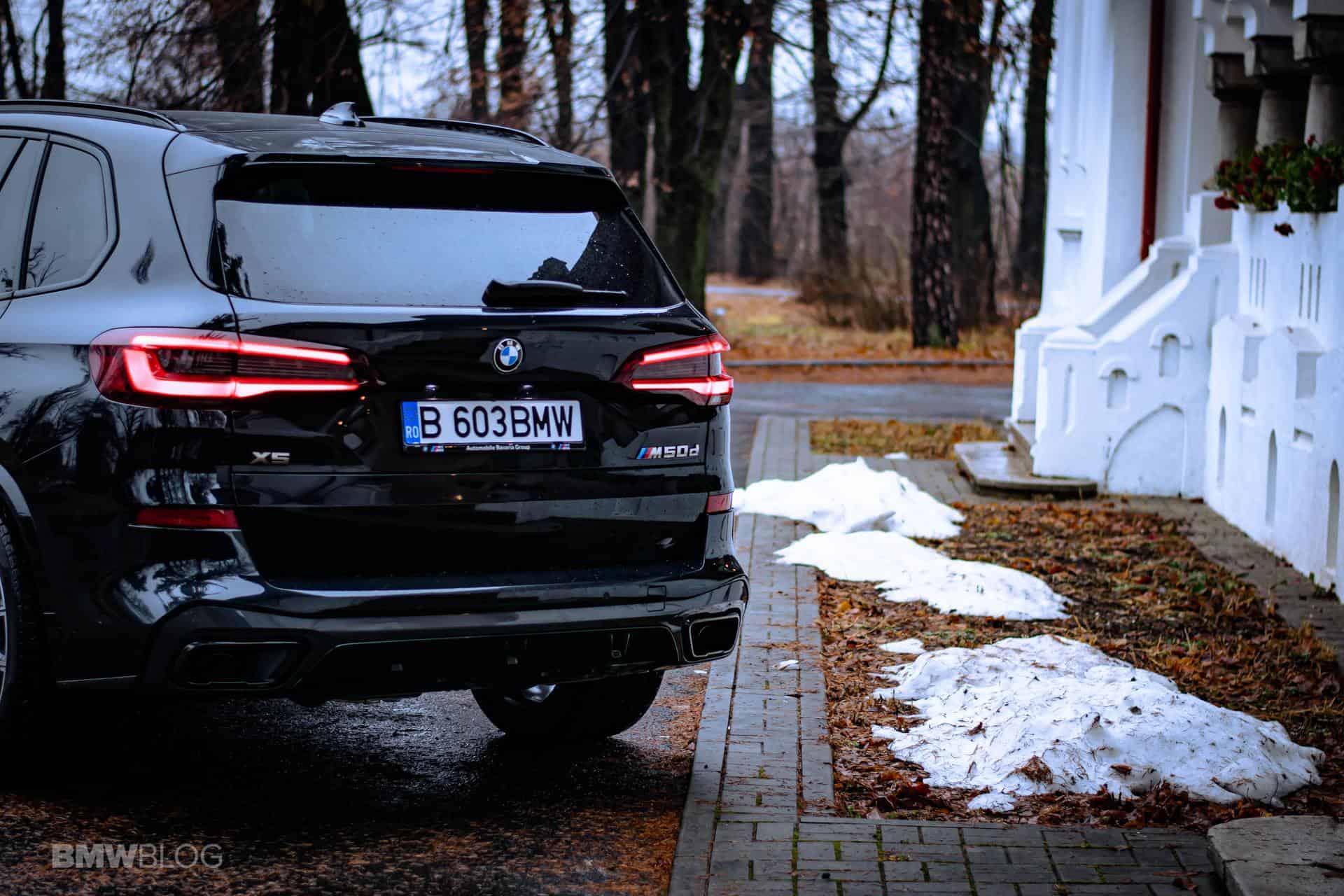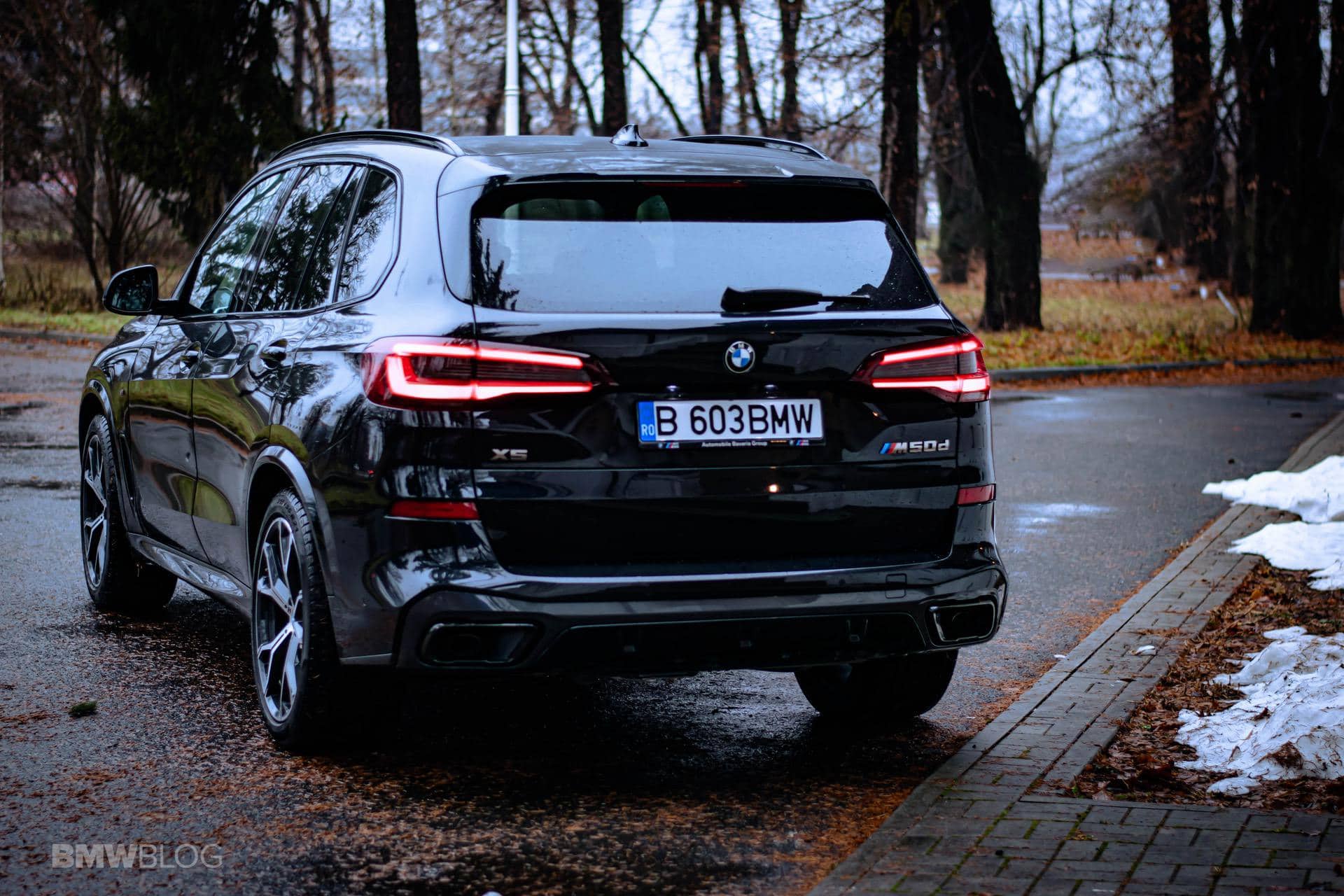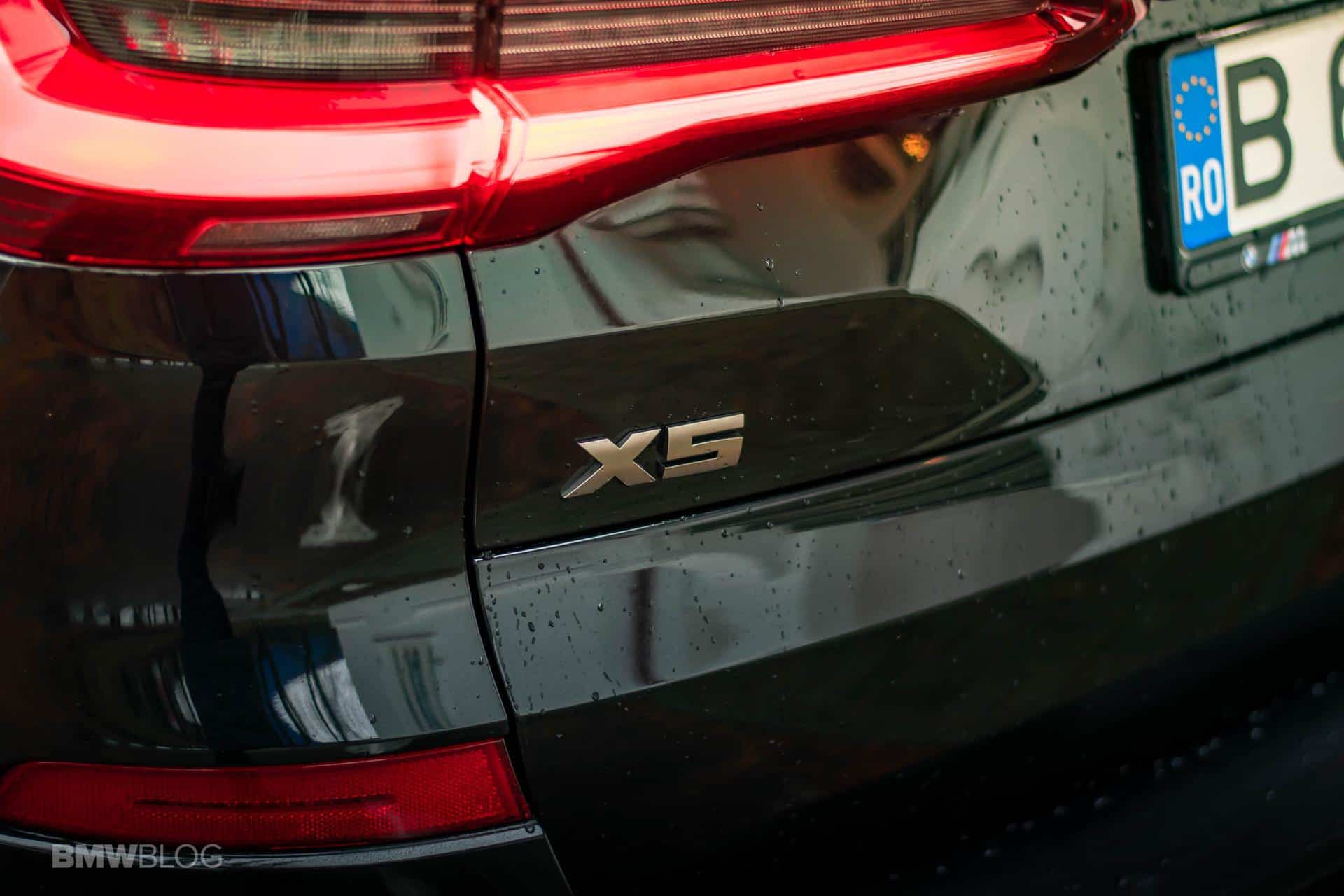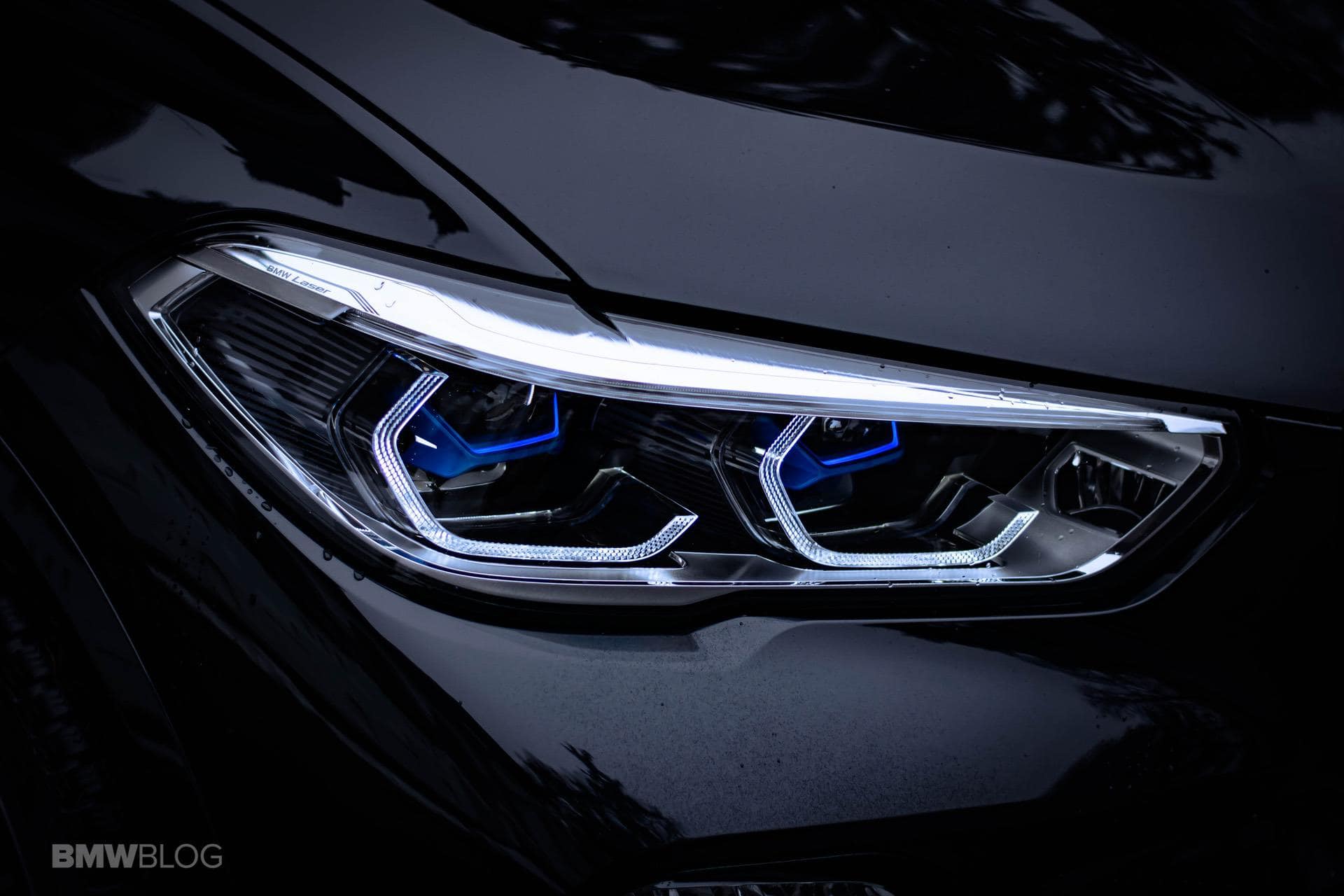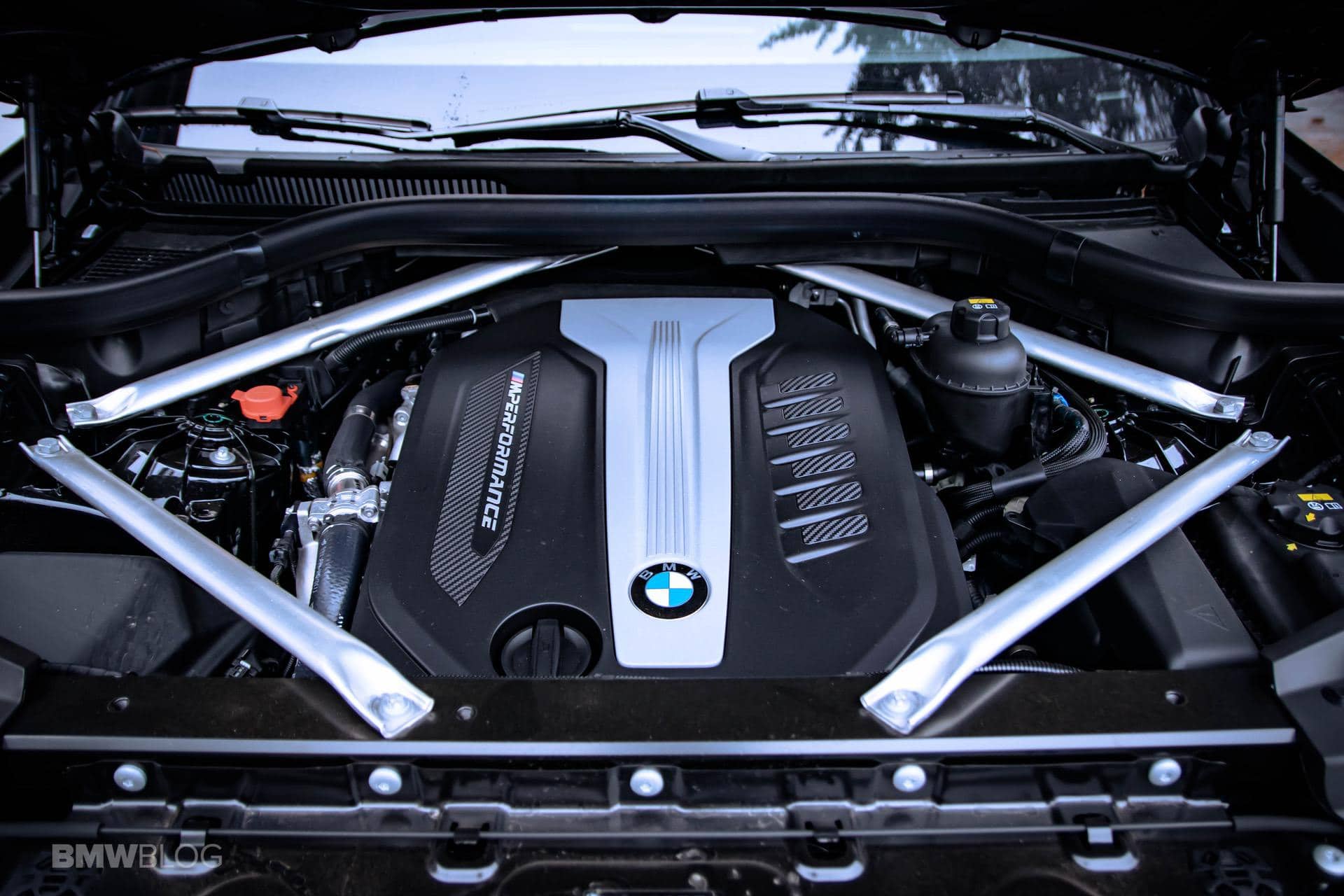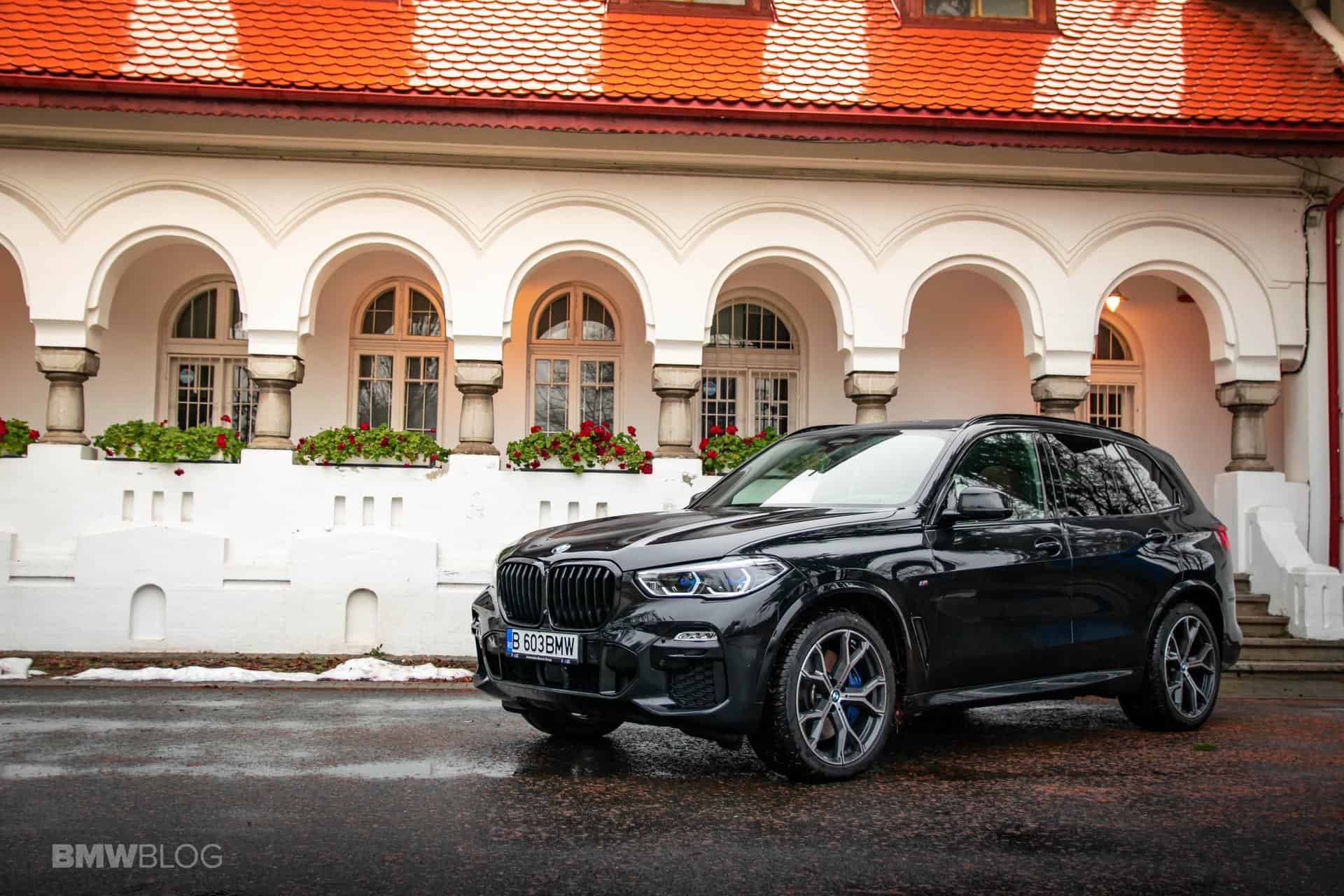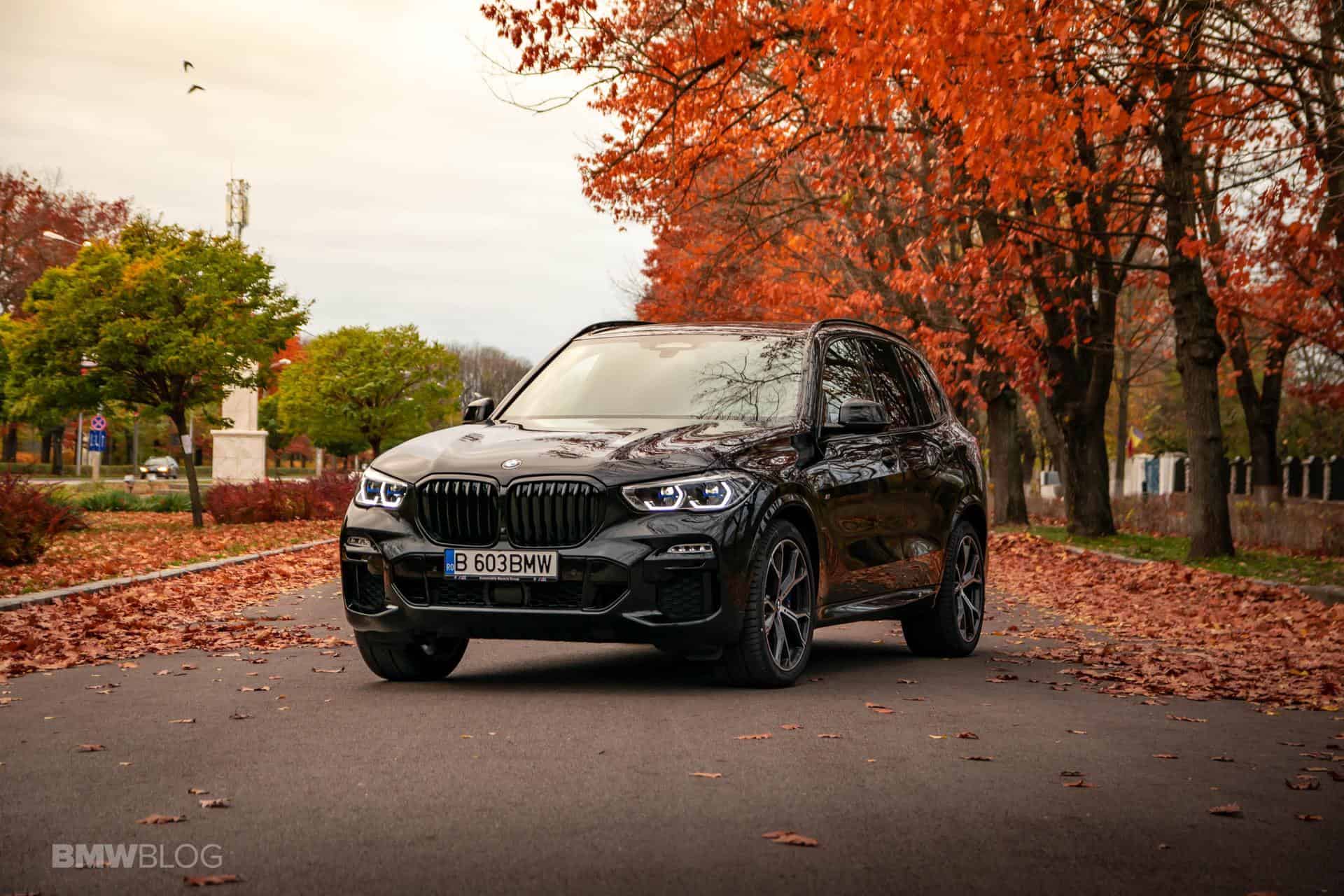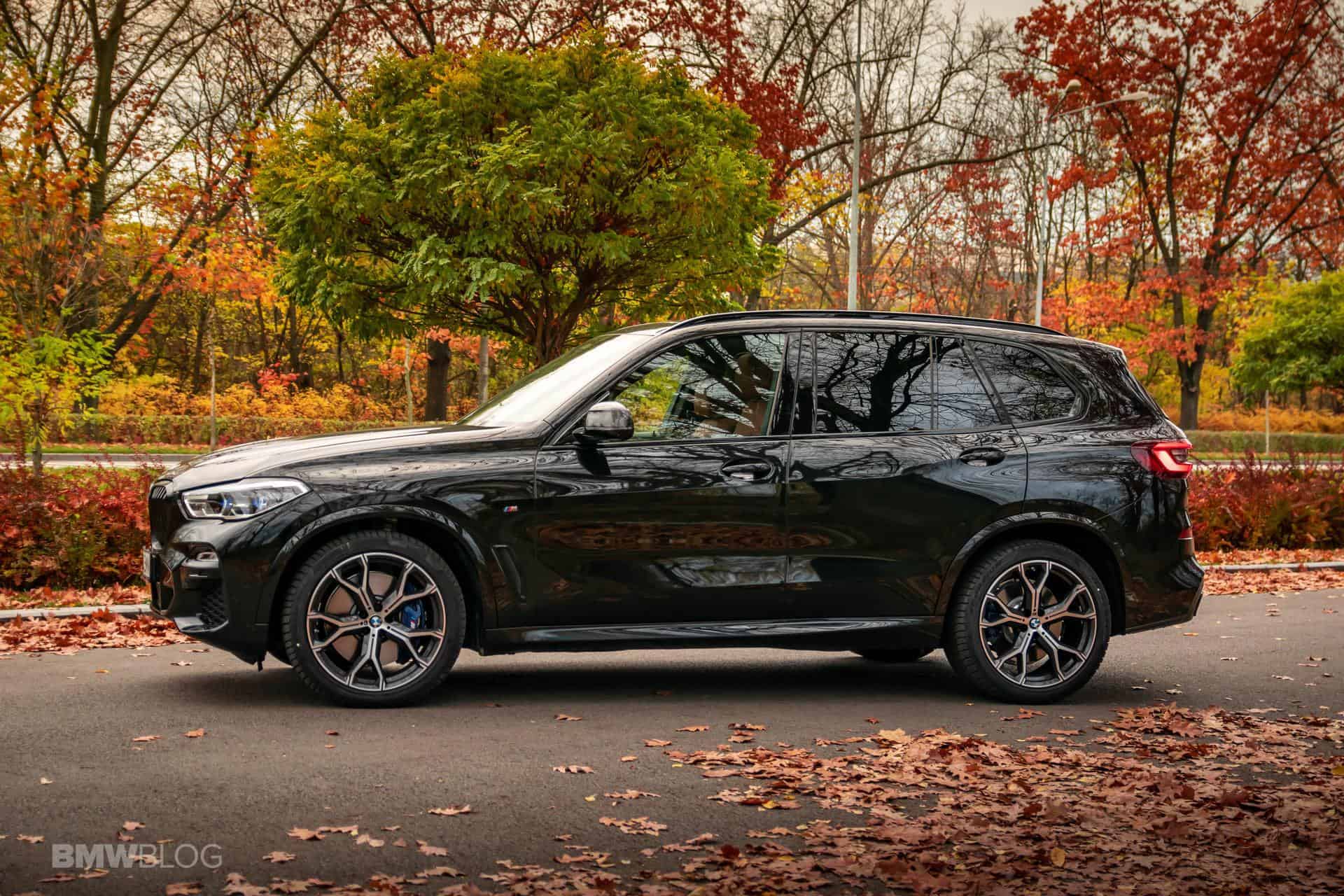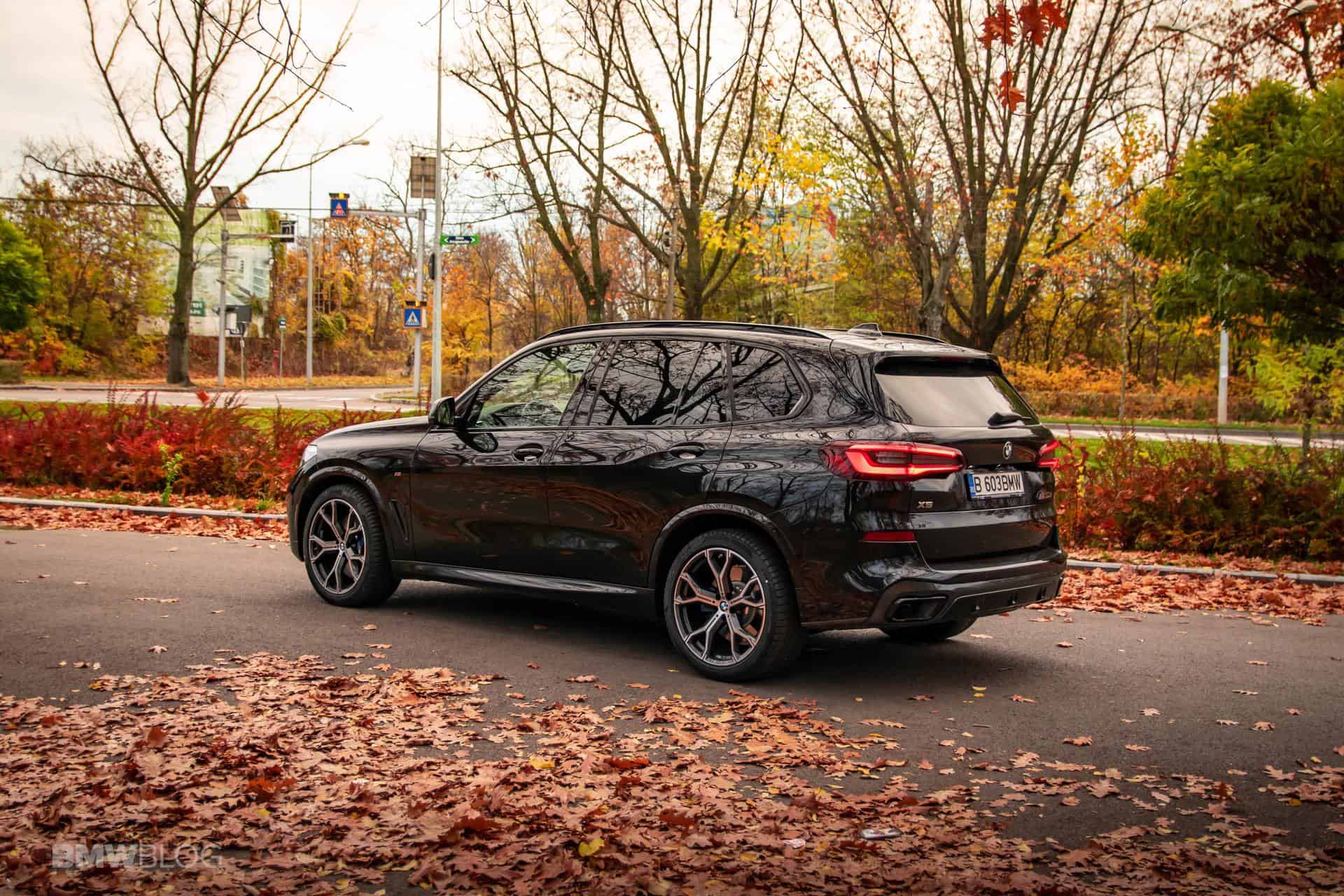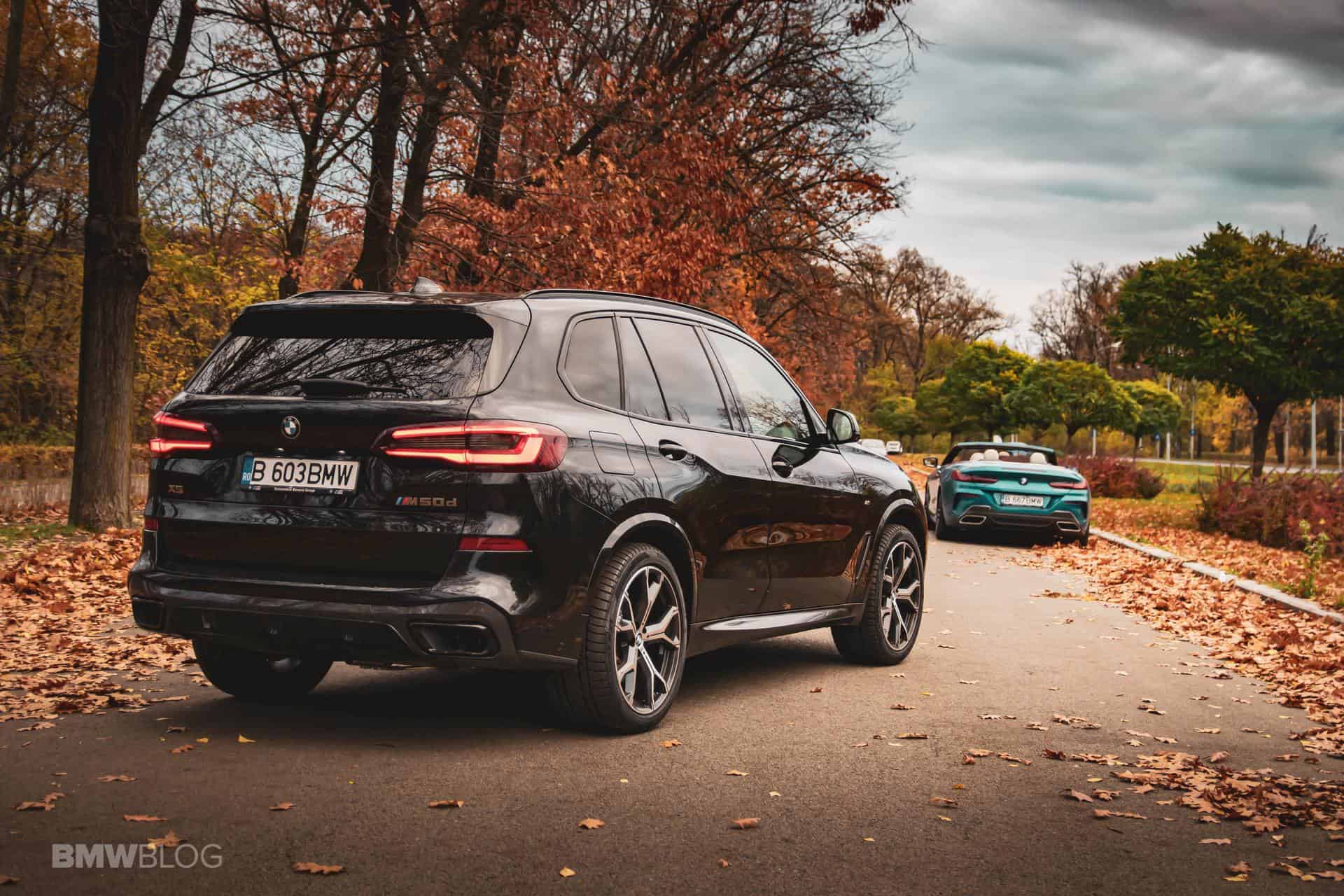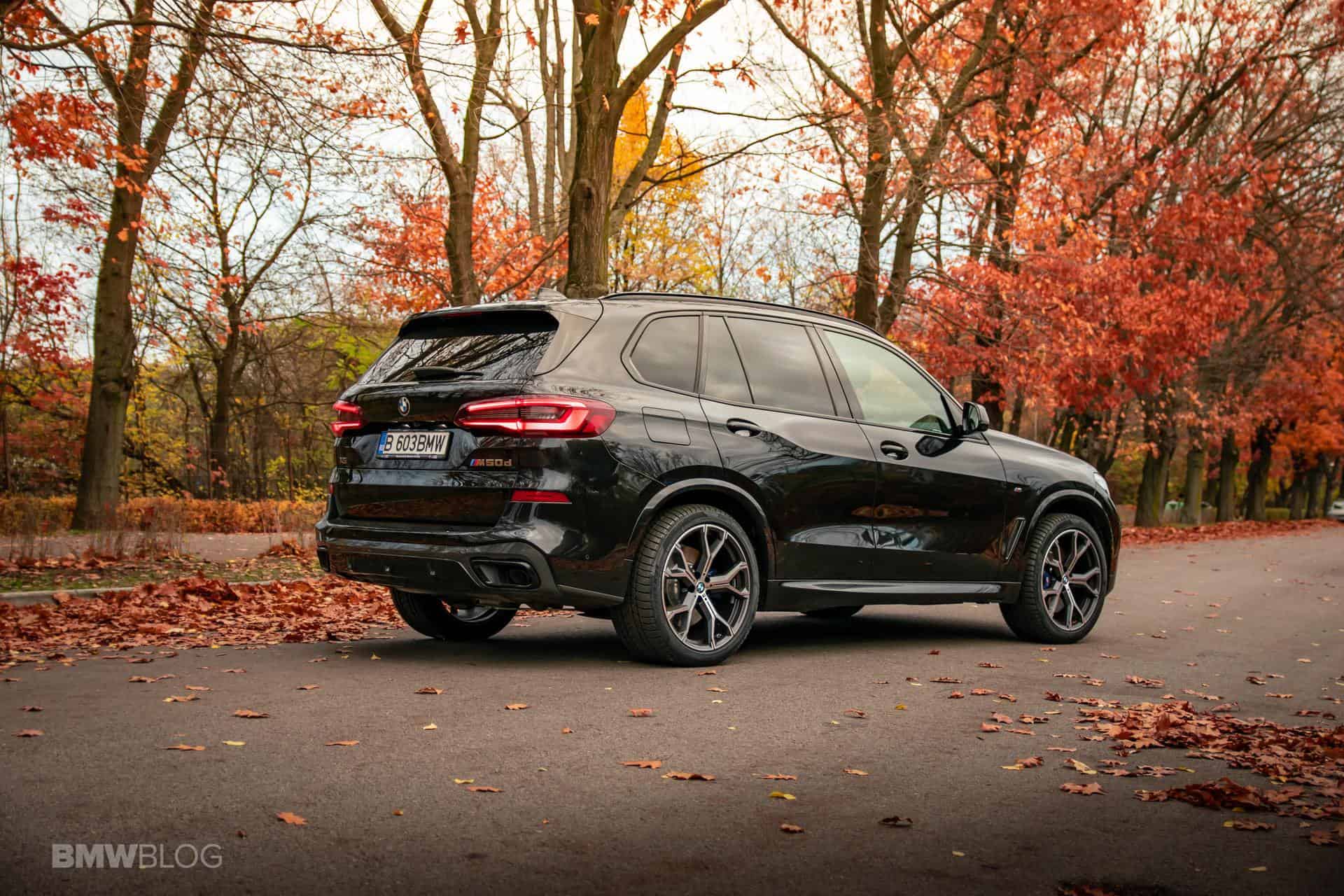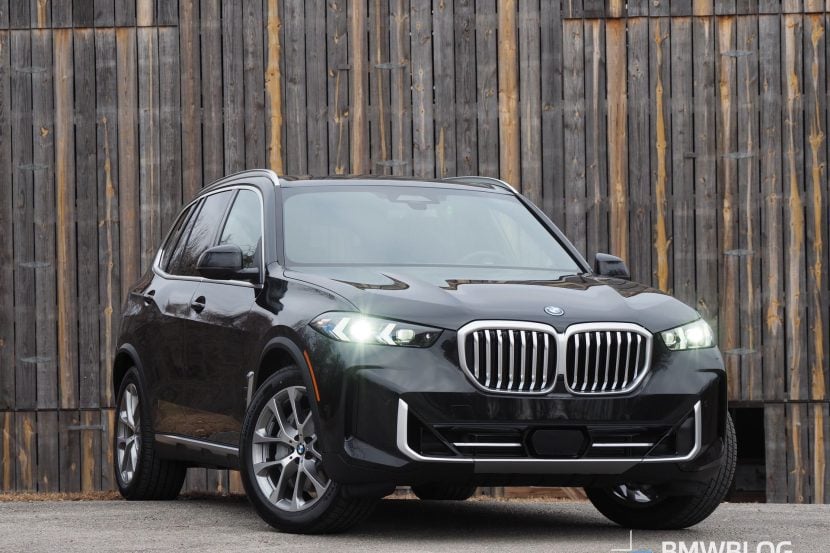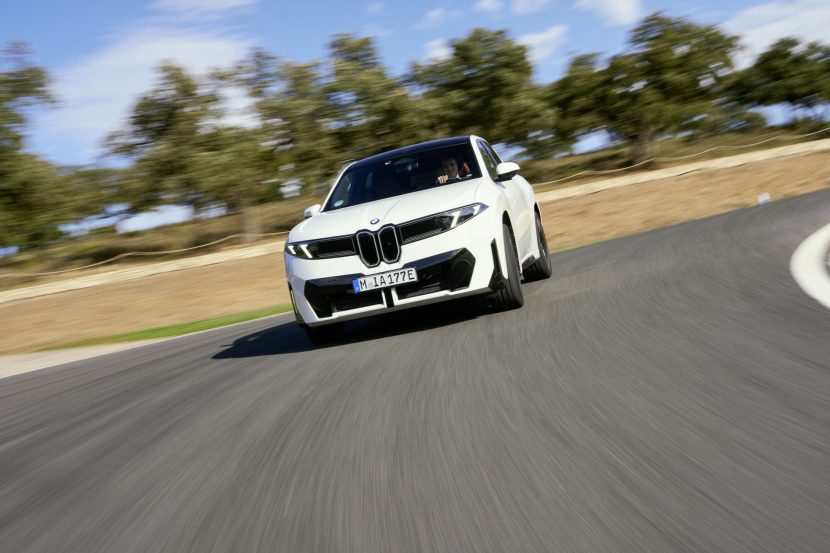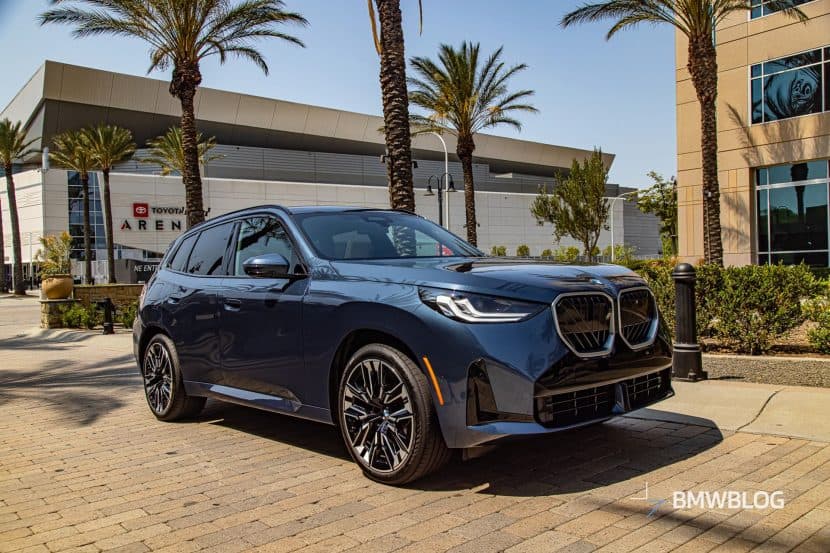Back in 2016 when the Dieselgate scandal surfaced, it was hard to guess just how big of an impact it would have on the industry as a whole. Personally, I think that was the tipping point for the beginning of the electric cars revolution. But apart from making electrified cars a lot more popular in a very short period of time, the Dieselgate scandal also turned a very powerful spotlight onto the compression-ignition mills that certain customers loved and couldn’t part ways with.
The DieselGate Changed The Industry Forever
The legislators around the world started an inquiry into how diesels were regulated and scrutinized everything related to them, no matter what brand they wore on their shiny plastic engine covers. Plenty of accusations flew left and right, and even today certain car makers are still being judged for various charges, accused of all sorts of wrongdoings.
In such a turbulent market, car makers decided to hit the brake pedal and start dropping diesels slowly but surely. As a result, the biggest issue was the sudden increase of fleet CO2 emissions once diesels were no longer a big part of their portfolios. That’s how we find ourselves at the end of 2020 with a considerably growing portfolio of mild-hybrid BMW models, and a steadily decreasing amount of diesels available, prompting yet more headaches for the people in charge.
The reason why cutting diesels from the line-up is problematic has a lot to do with fleet CO2 figures. American customers might not be aware of this, as diesels never really became mainstream in the U.S., but Europeans are very much aware of the fact that up until a few years back, diesels were the customers’ main choice. More than half of all cars sold here by BMW were powered by diesels, which have considerably lower CO2 emissions than their petrol counterparts.
After 2016 and the Dieselgate scandal, the sides switched, petrol models becoming more and more popular, in turn prompting an increase in fleet CO2 figures. Chip in the tightening regulations related to diesel engines altogether and the fumes they are allowed to emit, and you can figure how BMW and other companies are now feeling like they are caught between a rock and a hard place.
It’s a shame too, because diesels do have certain advantages and with modern-day exhaust treatments, they are far from the polluting, harmful powerplants they used to be. They are still unmatched in terms of efficiency, especially on longer routes and provide incredible torque figures.
Sure, they also have some disadvantages, like the trademark NVH levels way above what a petrol-powered car would have to deal with, but if we’re talking about straight six mills, that’s not really a problem anymore, thanks to the inherent balance these engines usually have.
One Of The Best BMW Engines – B57S
And that’s exactly what we’re going to discuss here today, the retiring of probably the best diesel engine ever made by BMW, the B57S.
That codename might not say a lot to many people but what you should know is that this used to be the only diesel engine in the world with a quad-turbo setup. Also, it was one of only two powerplants to share this architecture. Care to guess which one was the other engine? The W16 8-liter monster installed in the Bugatti Veyron initially and now the Chiron.
The problem is, no matter how nice this might sound on paper, it’s never a good thing to complicate engines and having four turbos fitted to one does cause a lot of issues. I’m not necessarily talking about the long-term reliability but rather the entire production process. That’s actually one of the reasons BMW invoked when they announced they will be ceasing the production of the quad-turbo diesel monster found under the M50d moniker.















